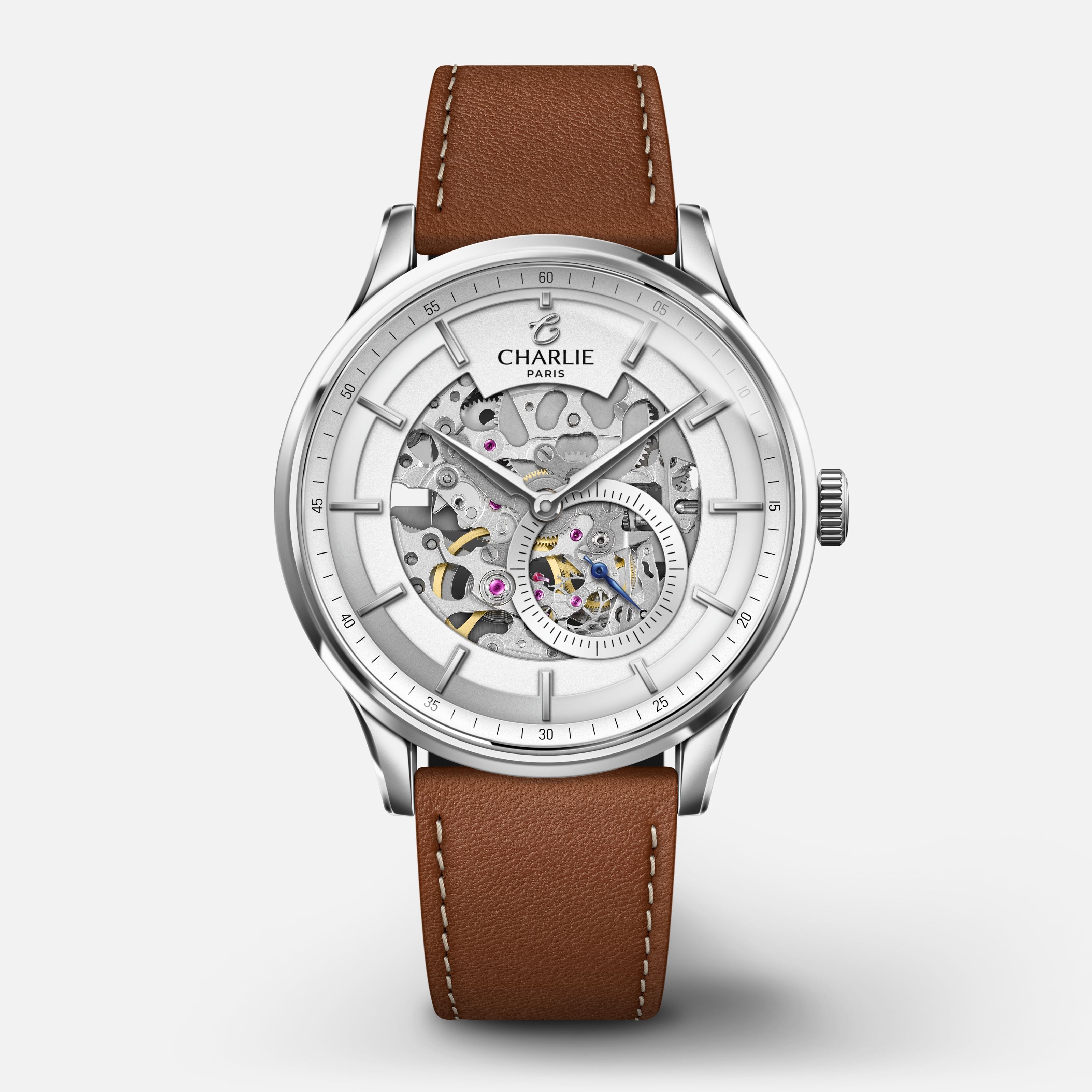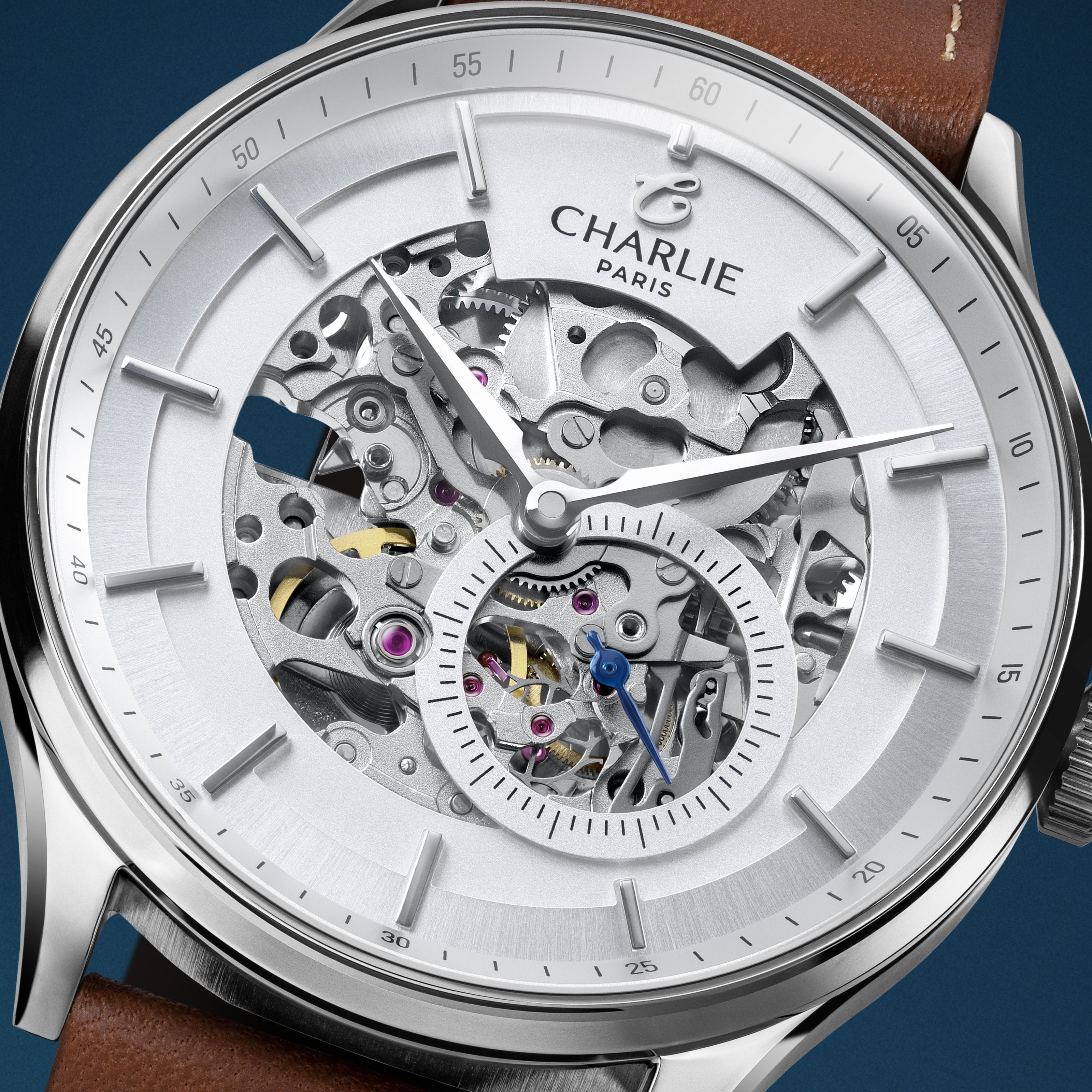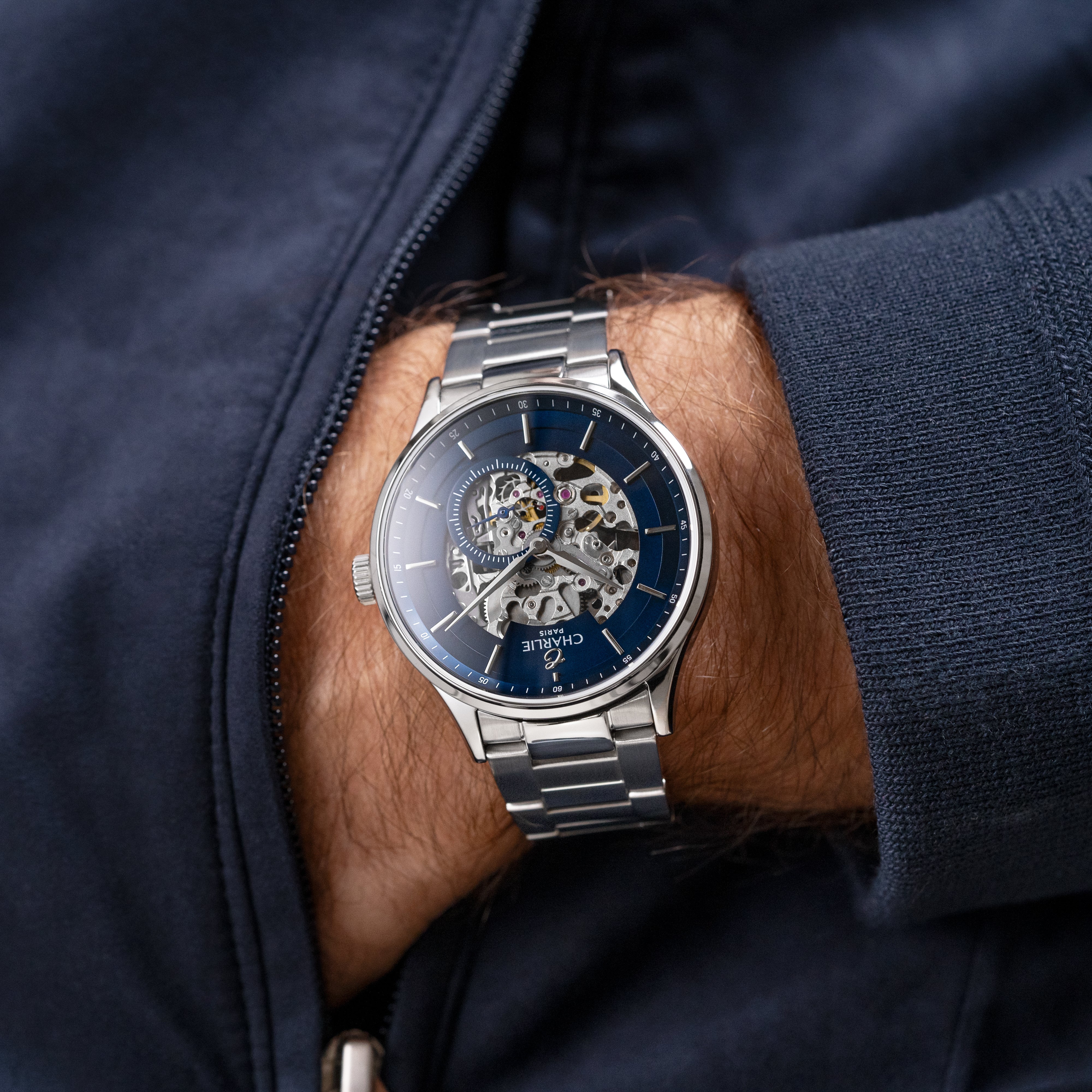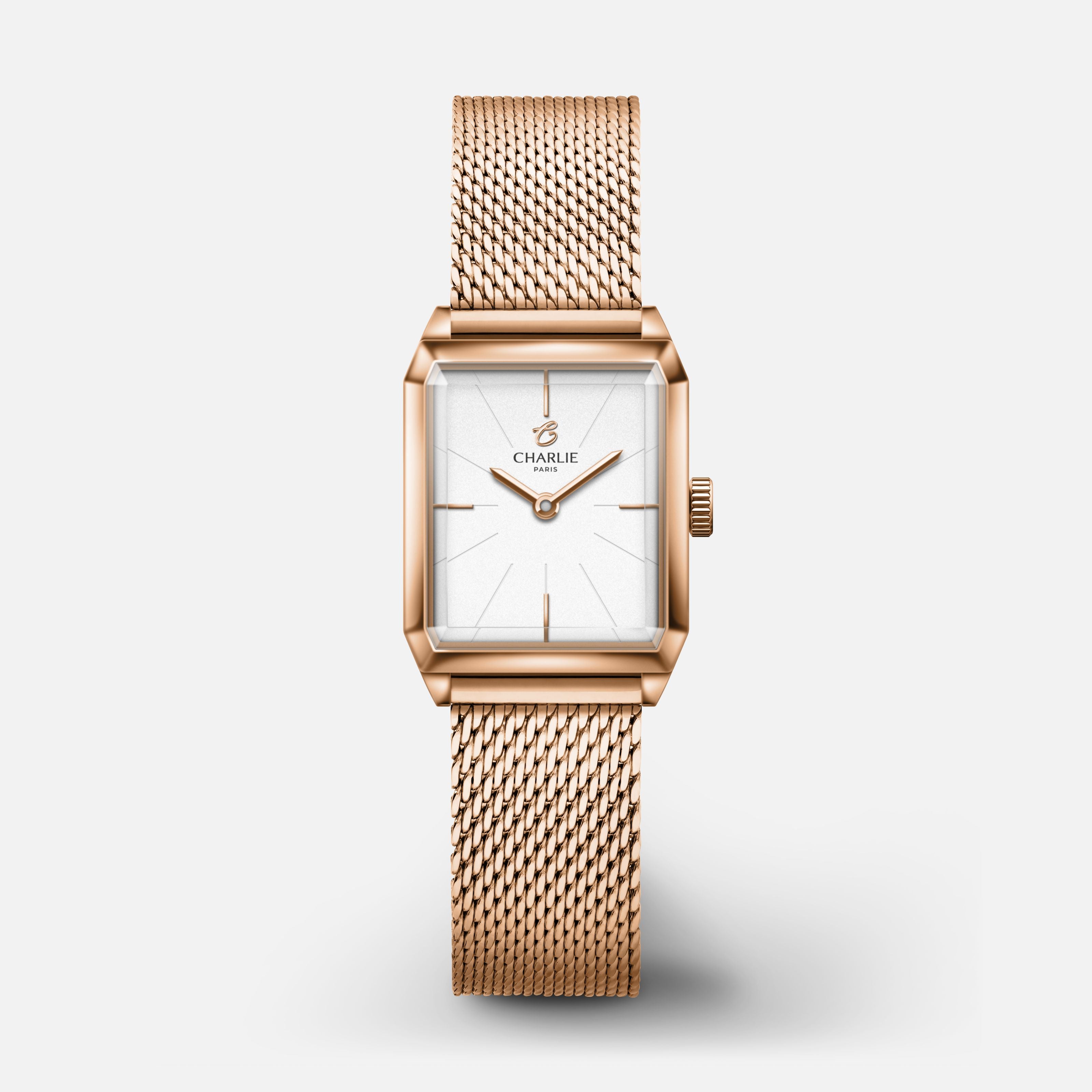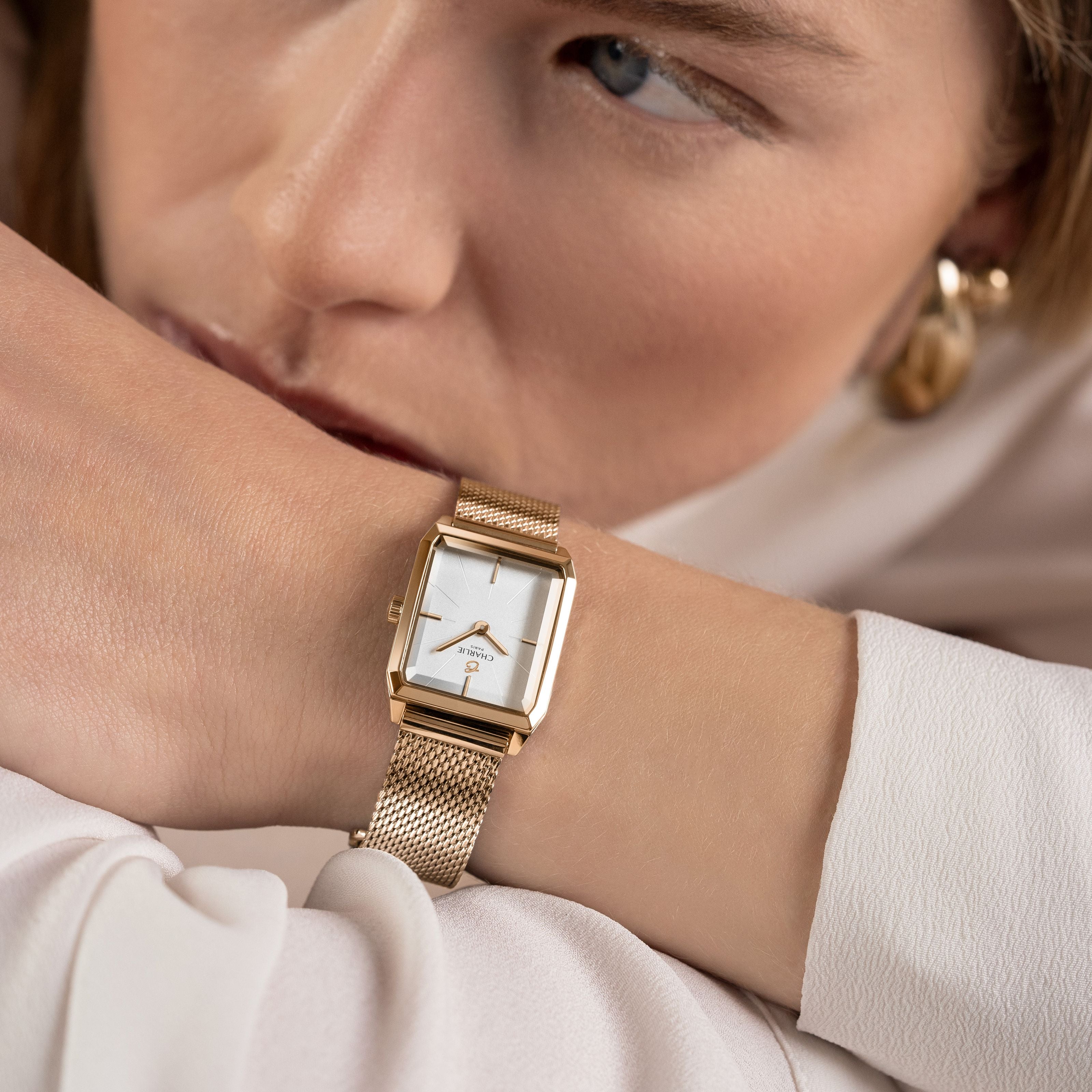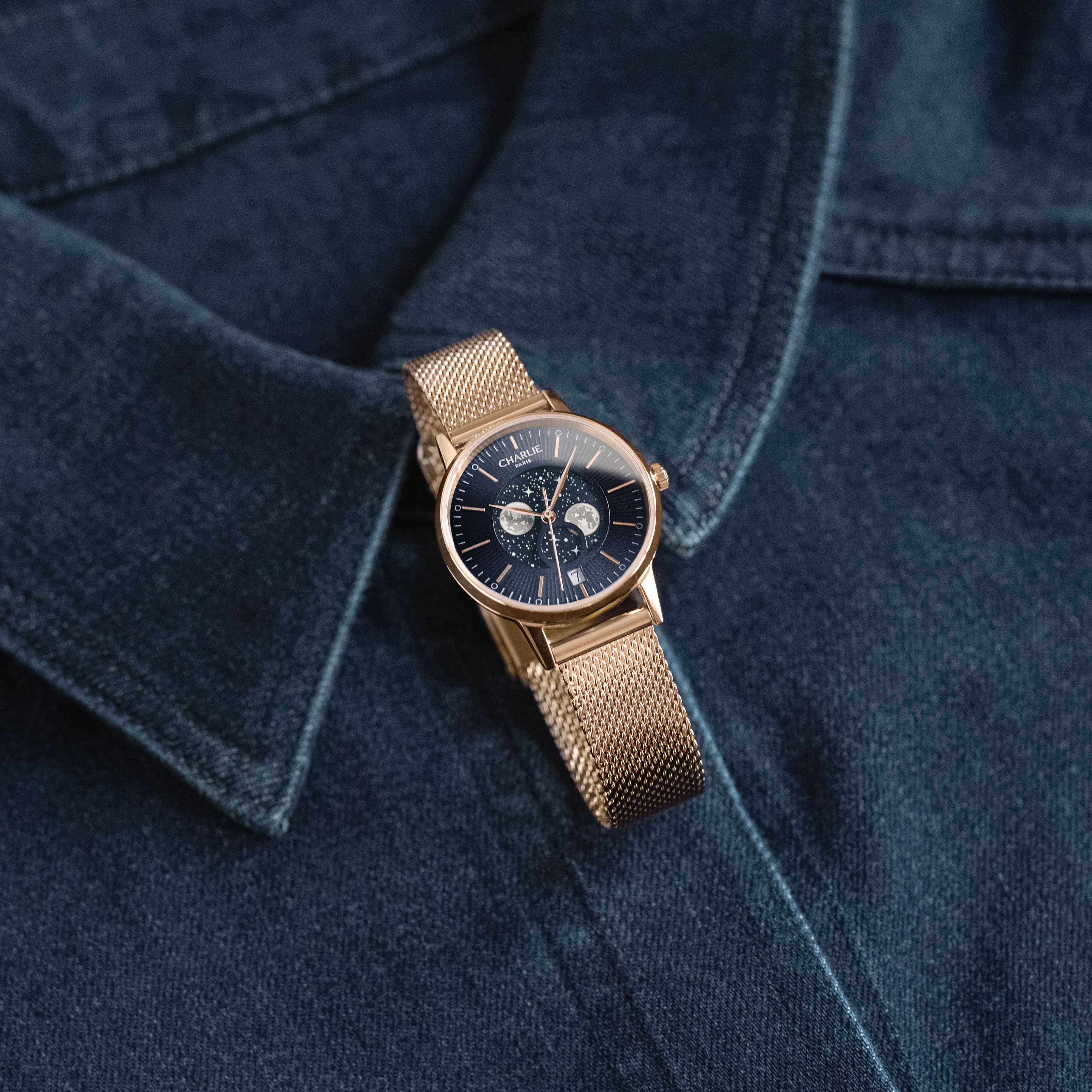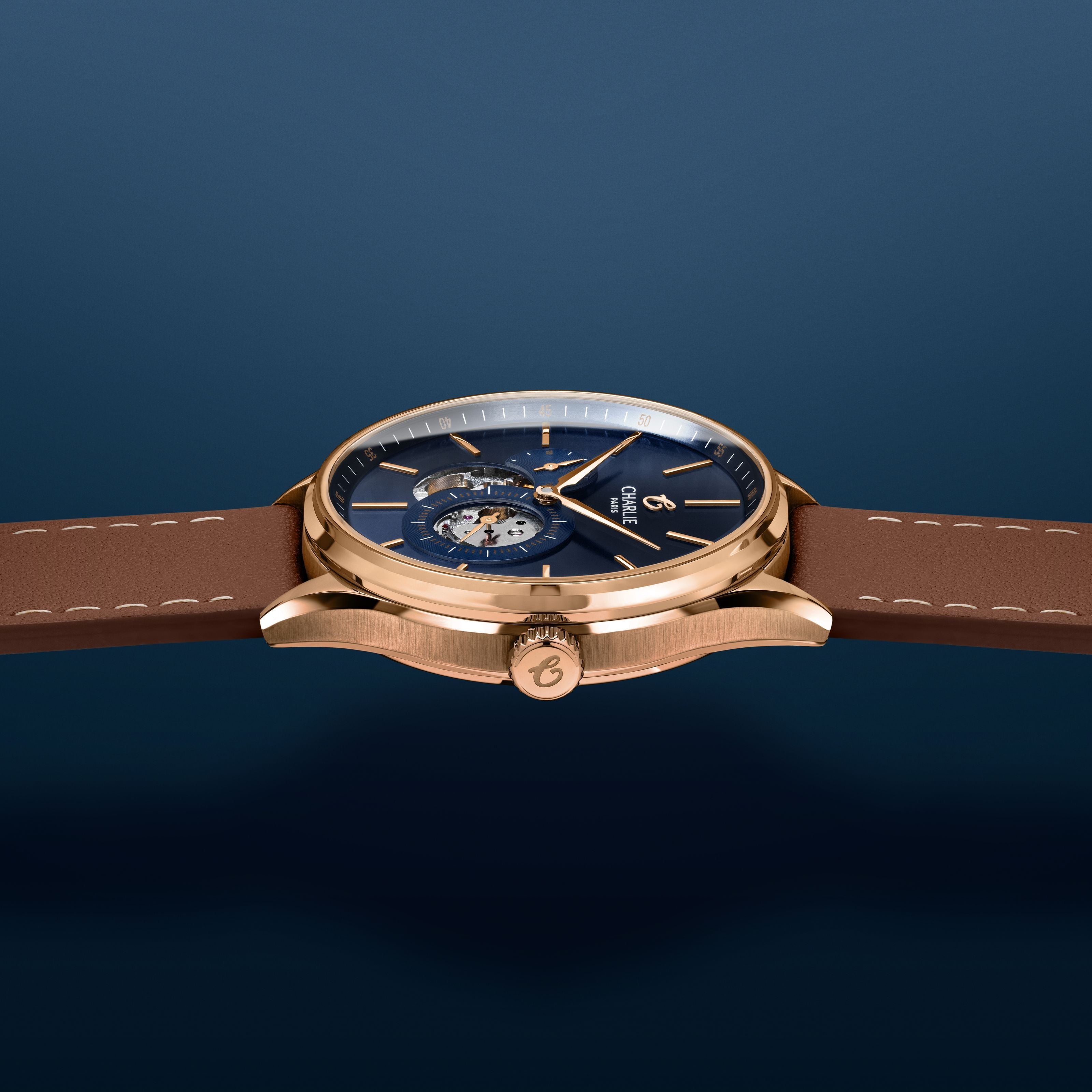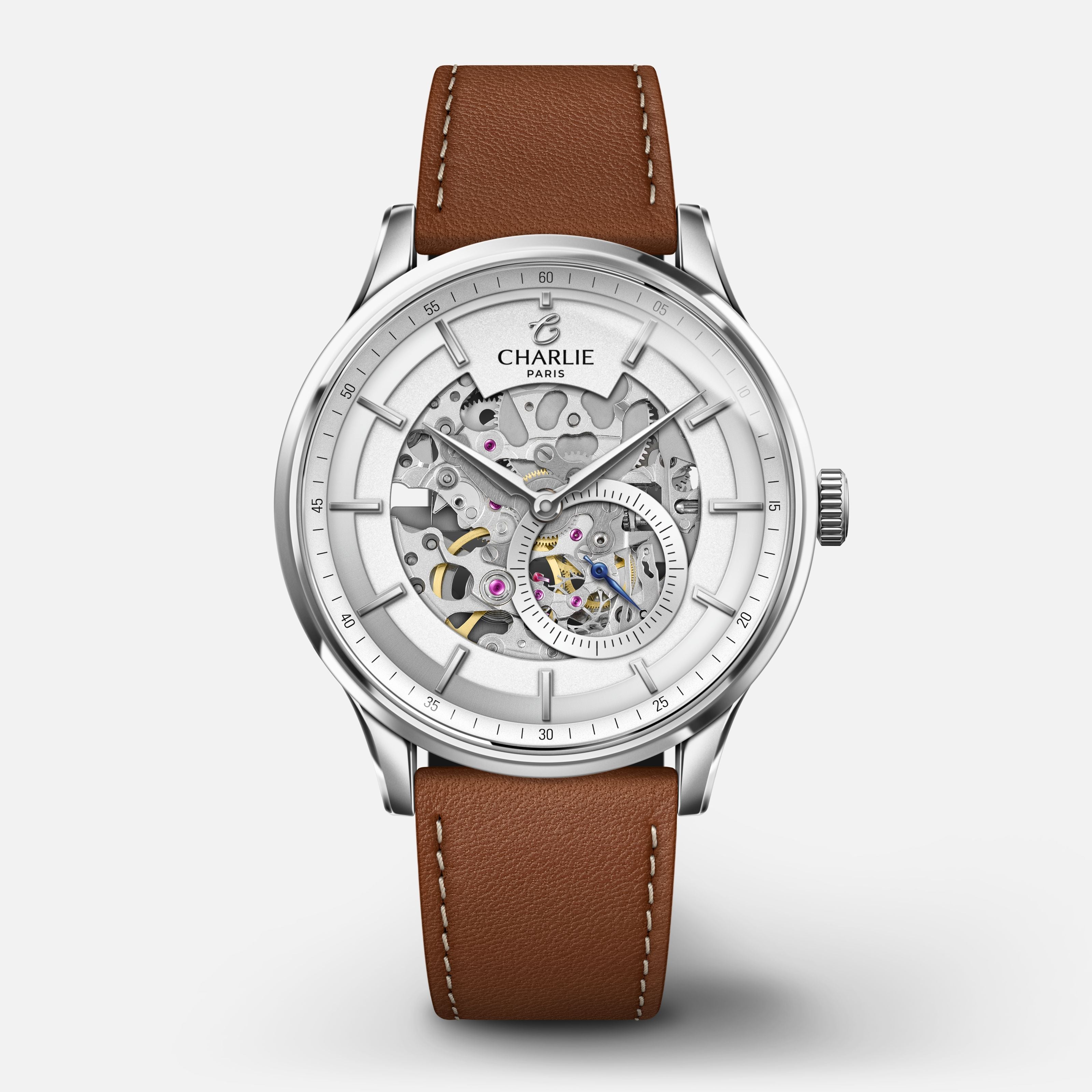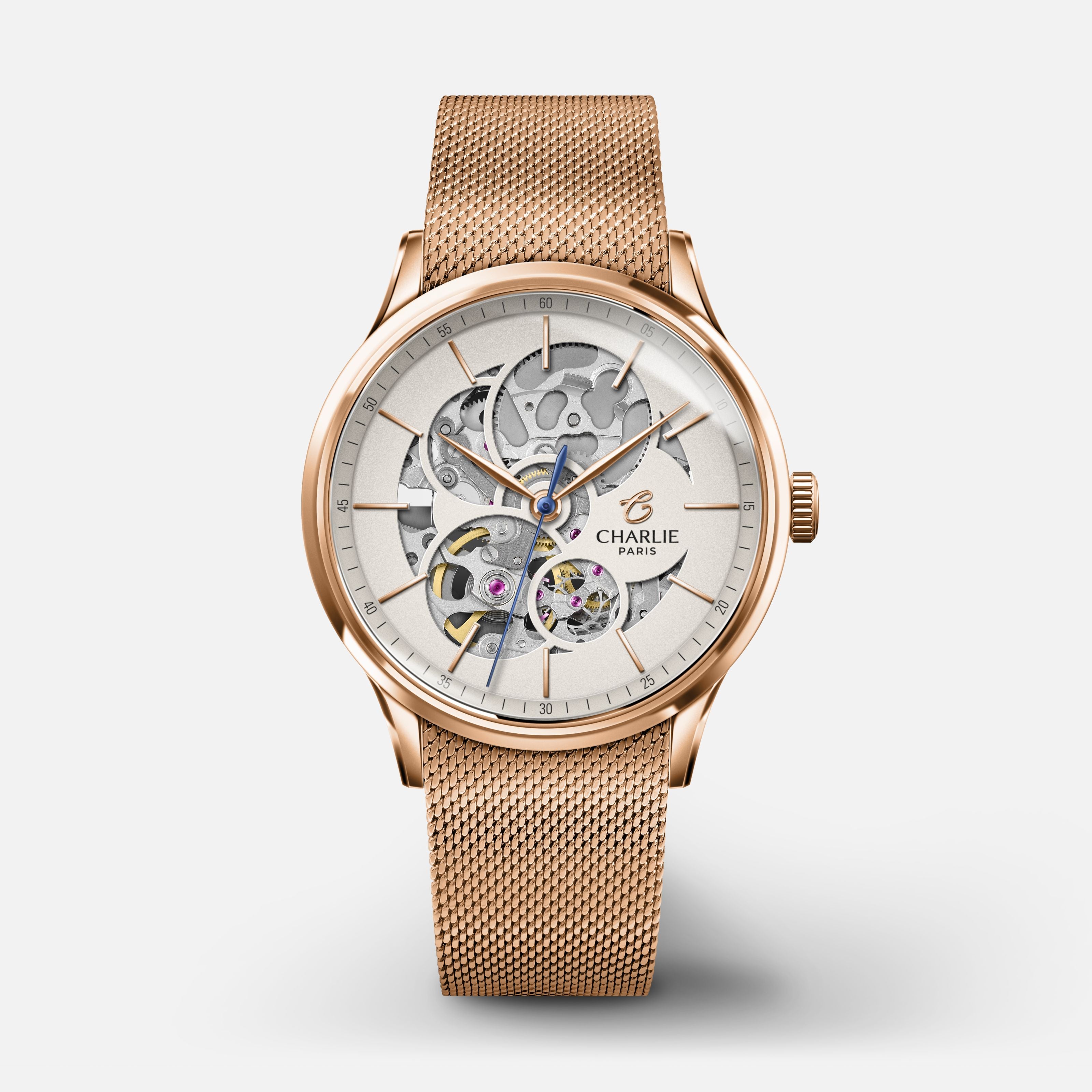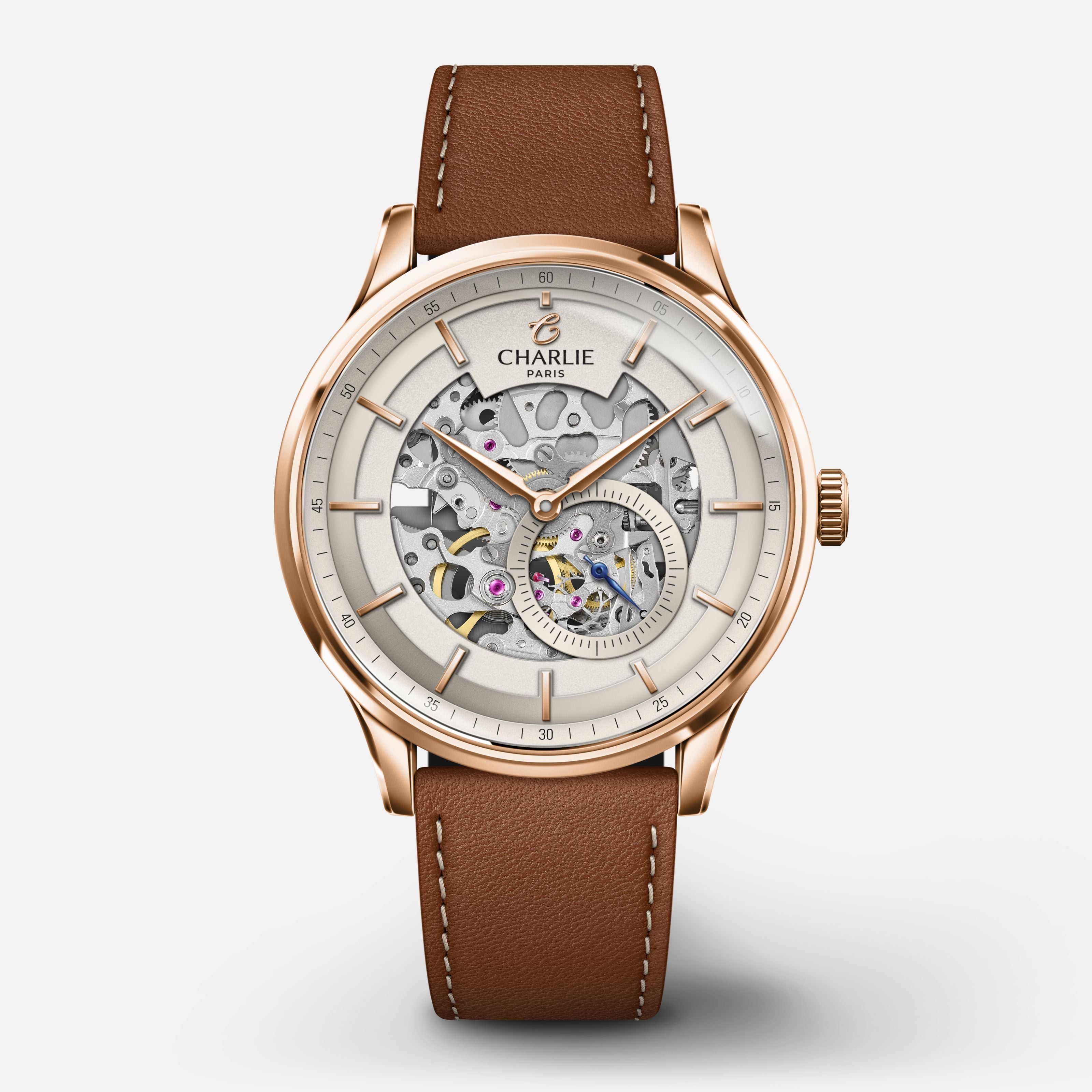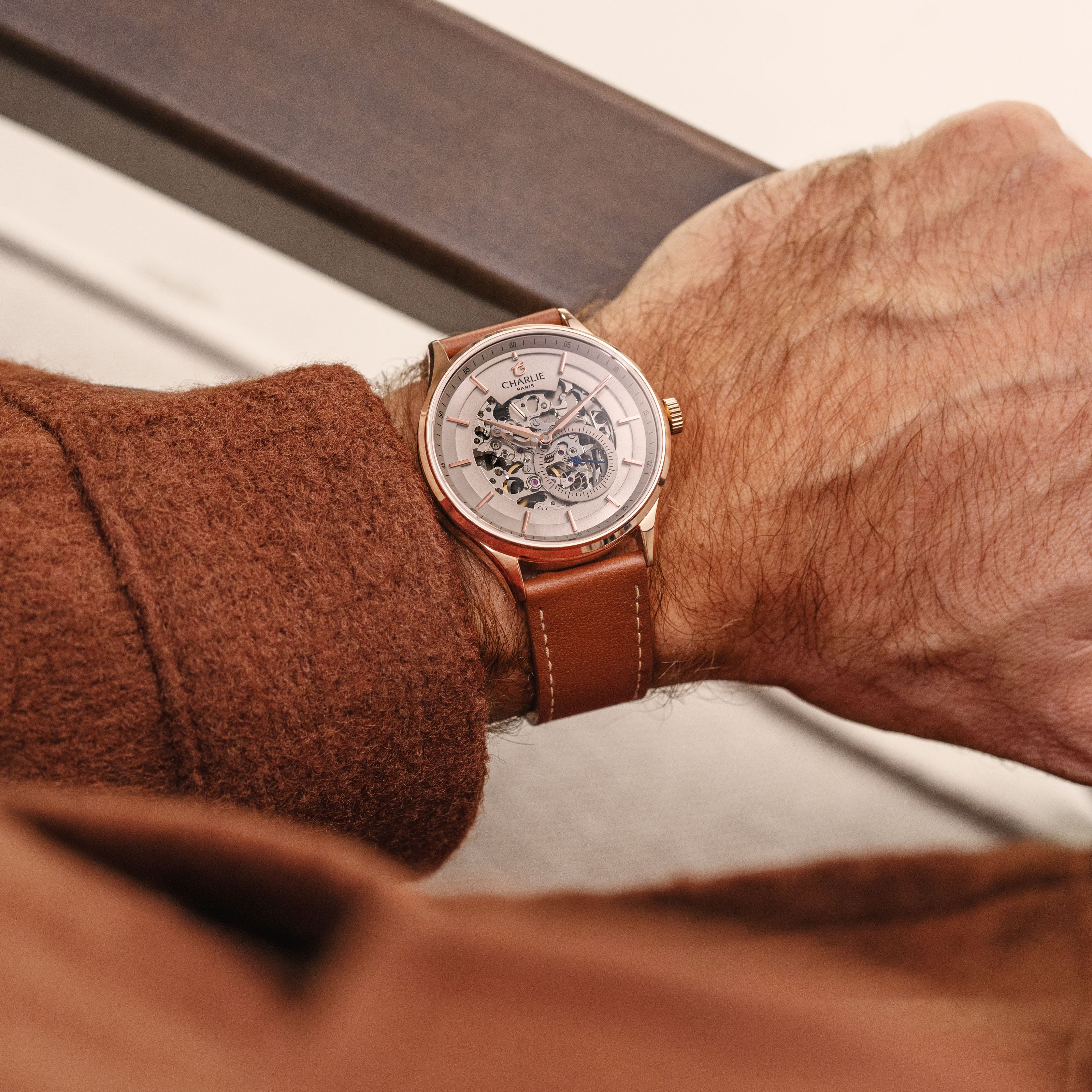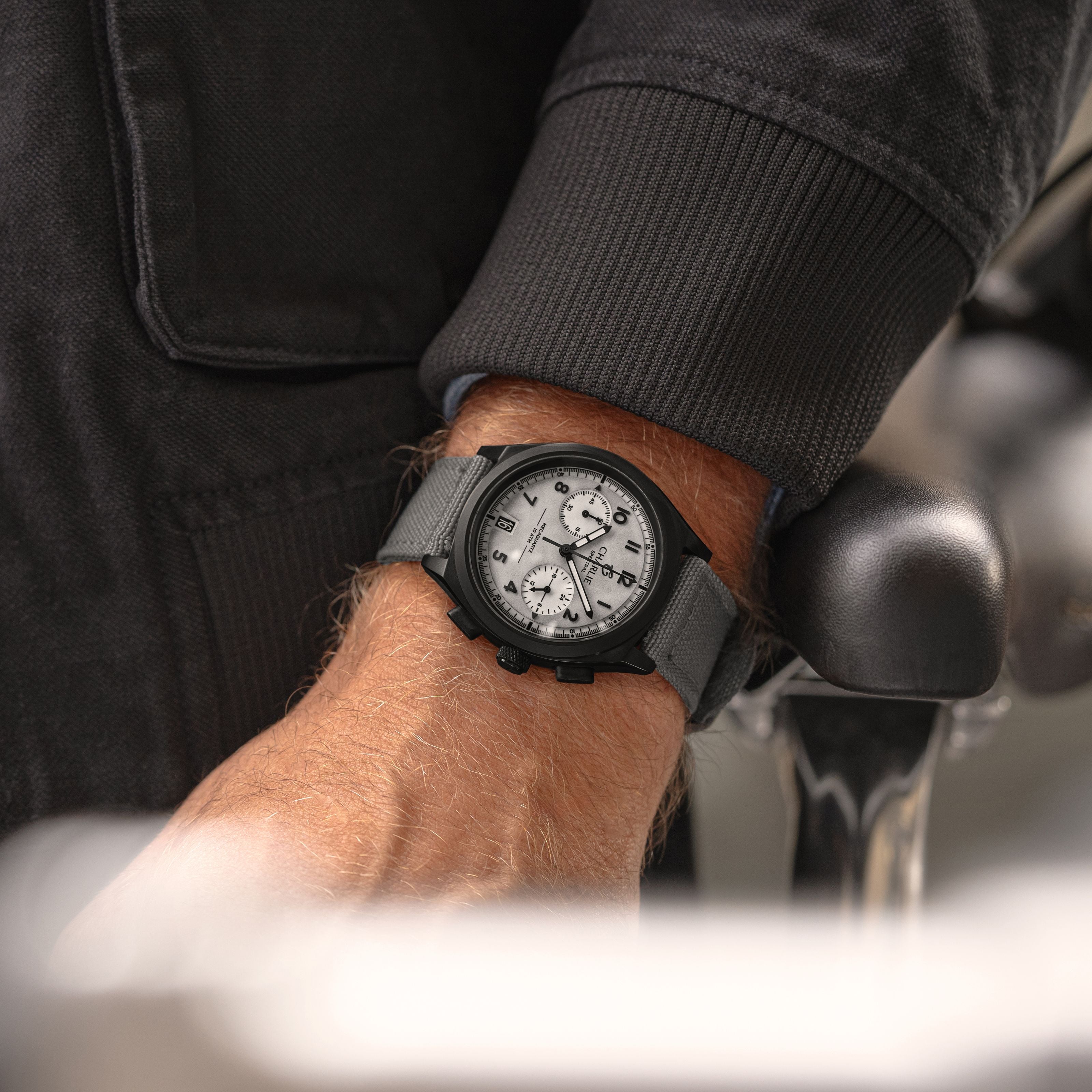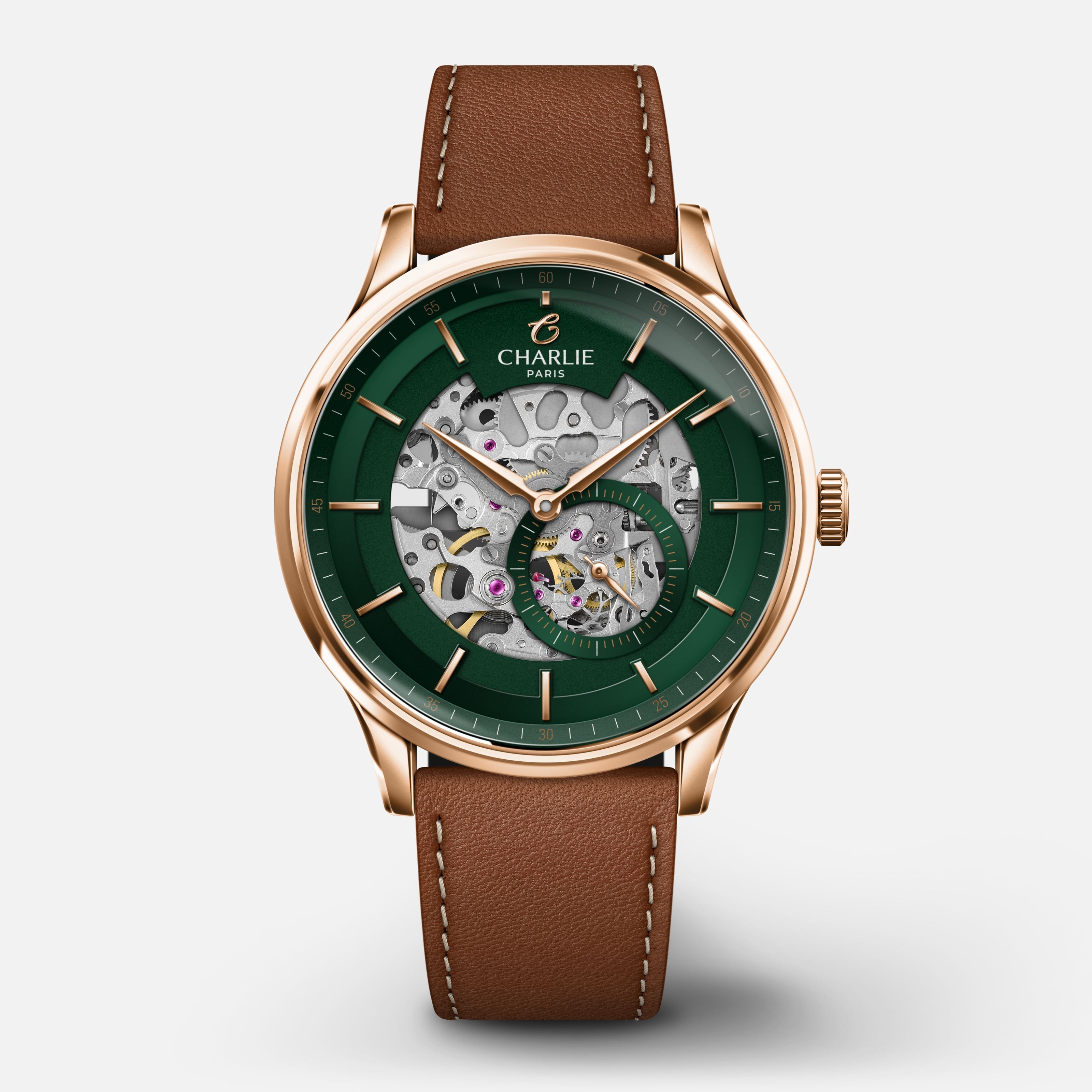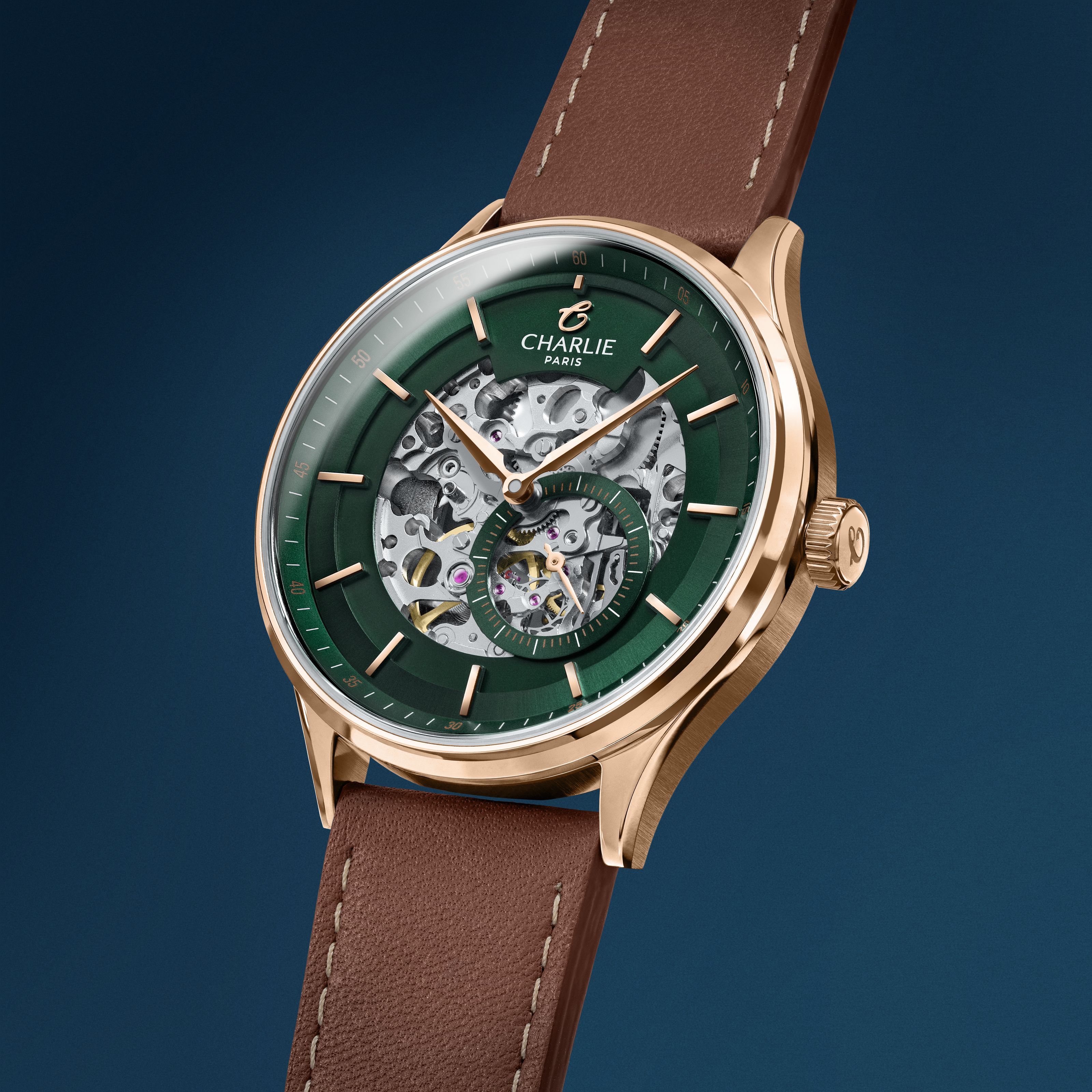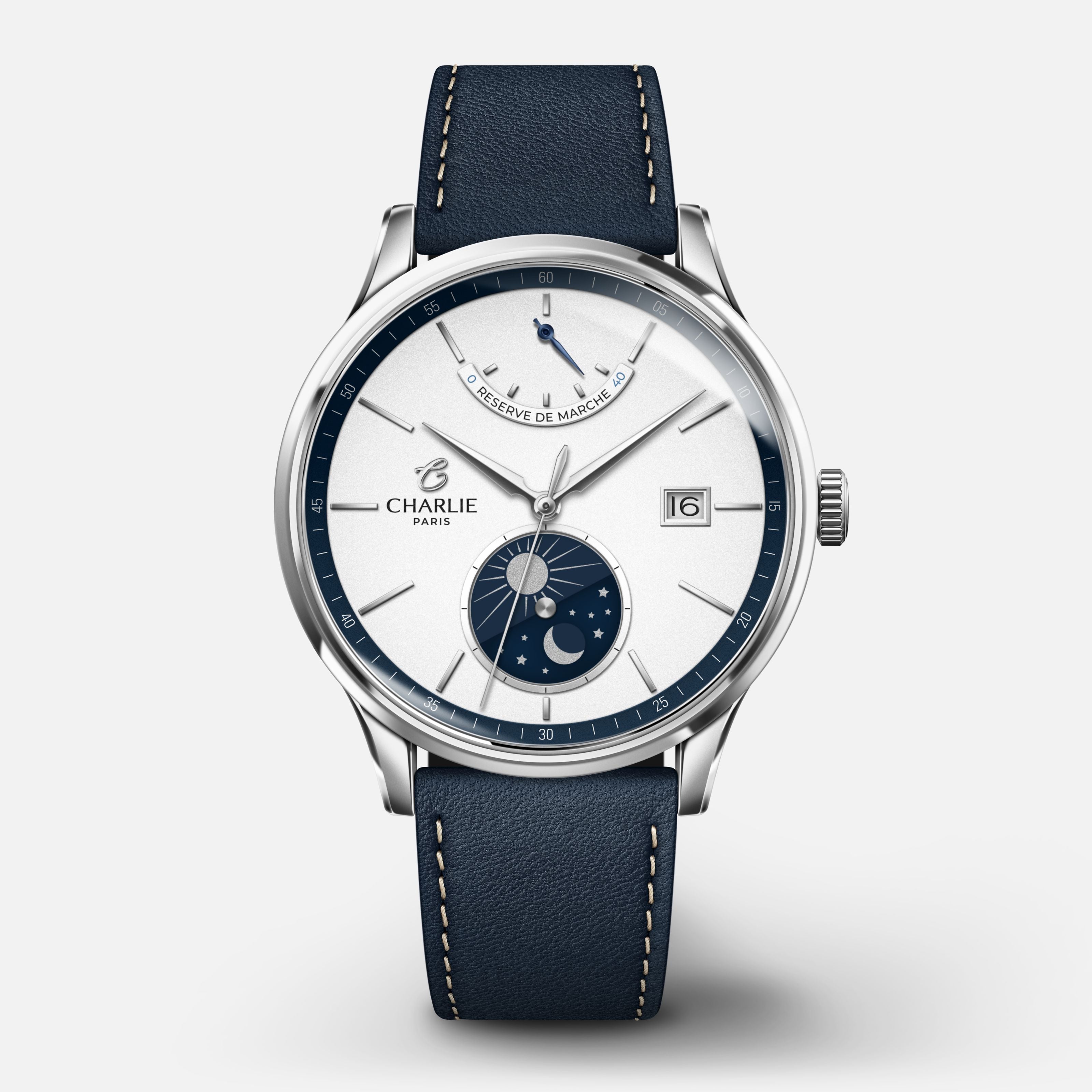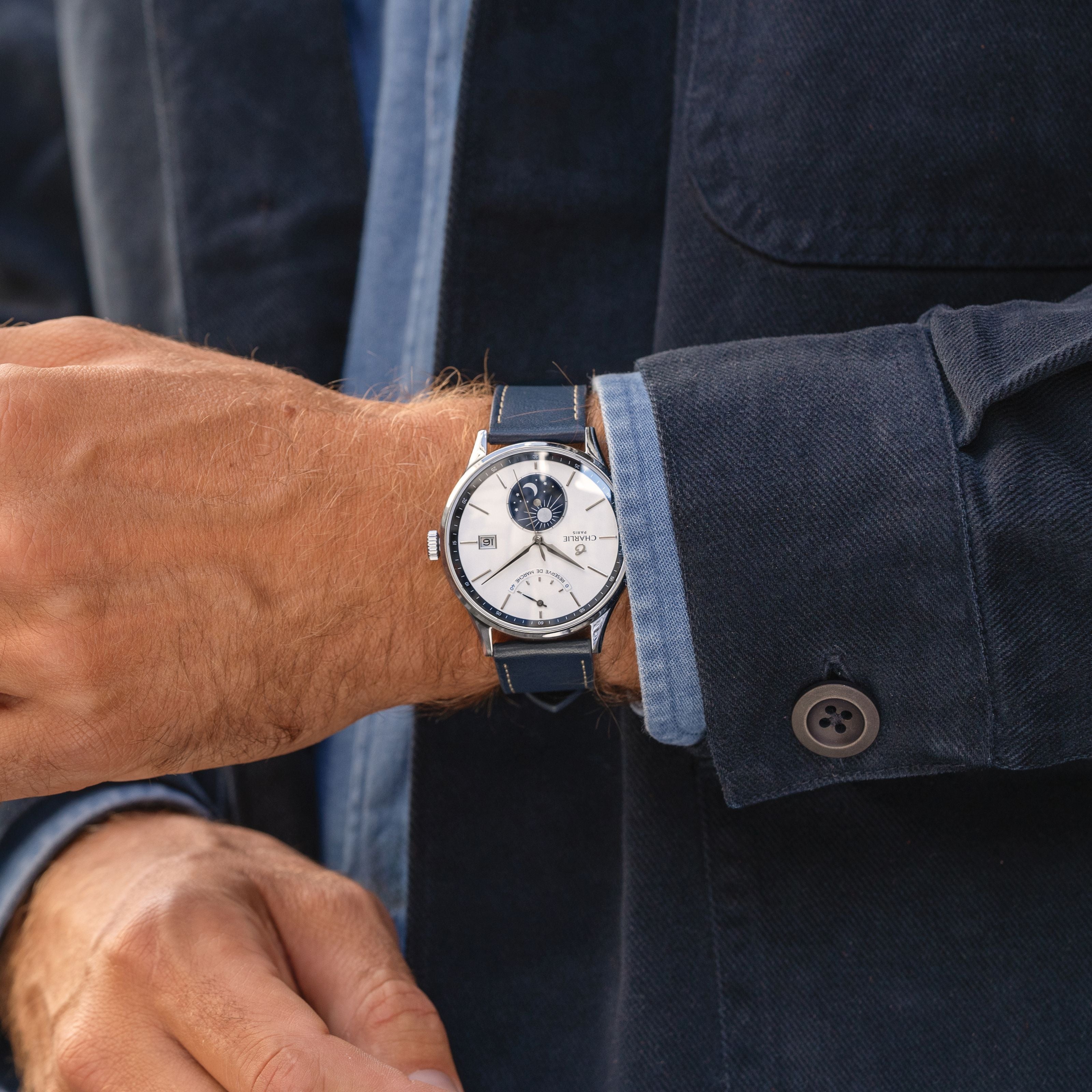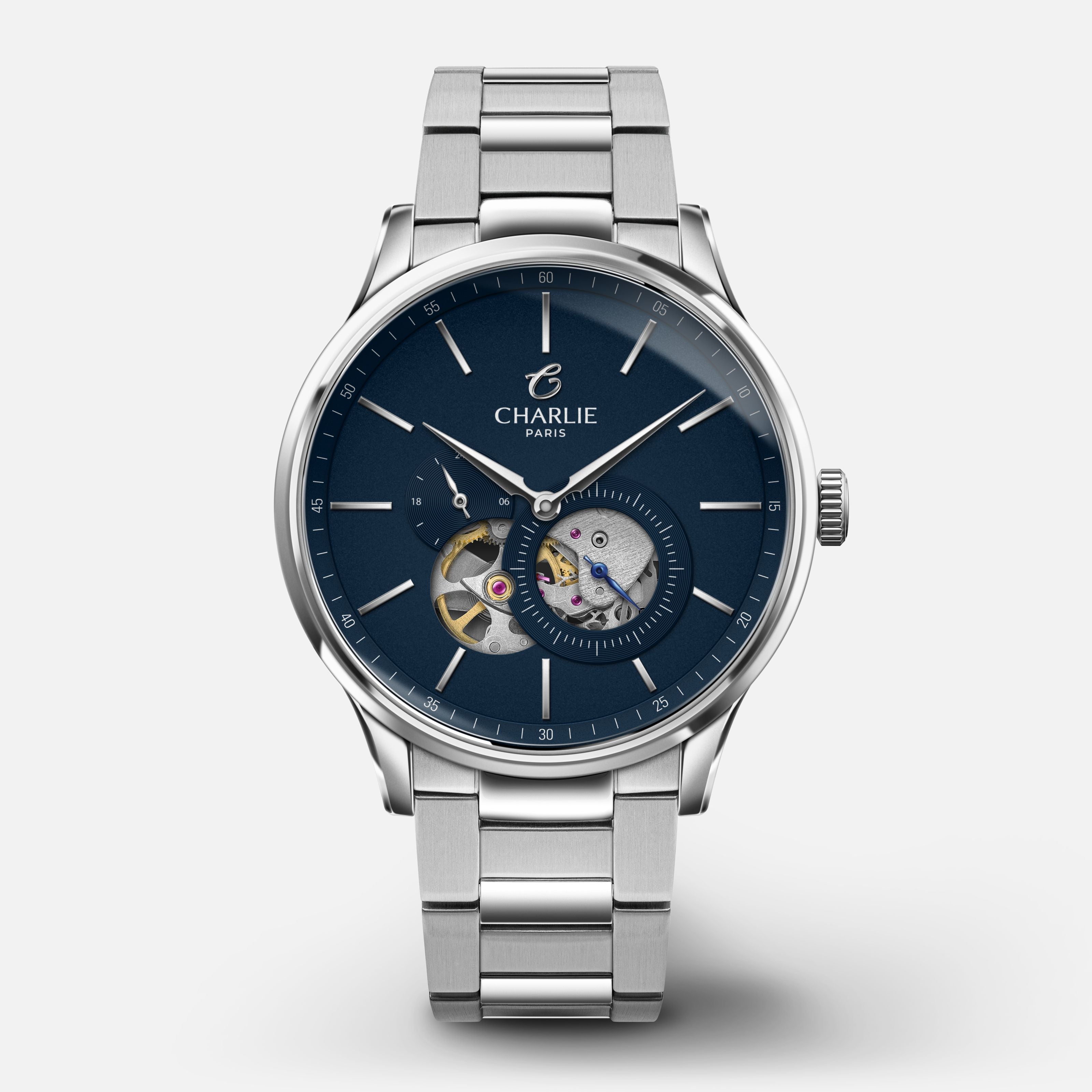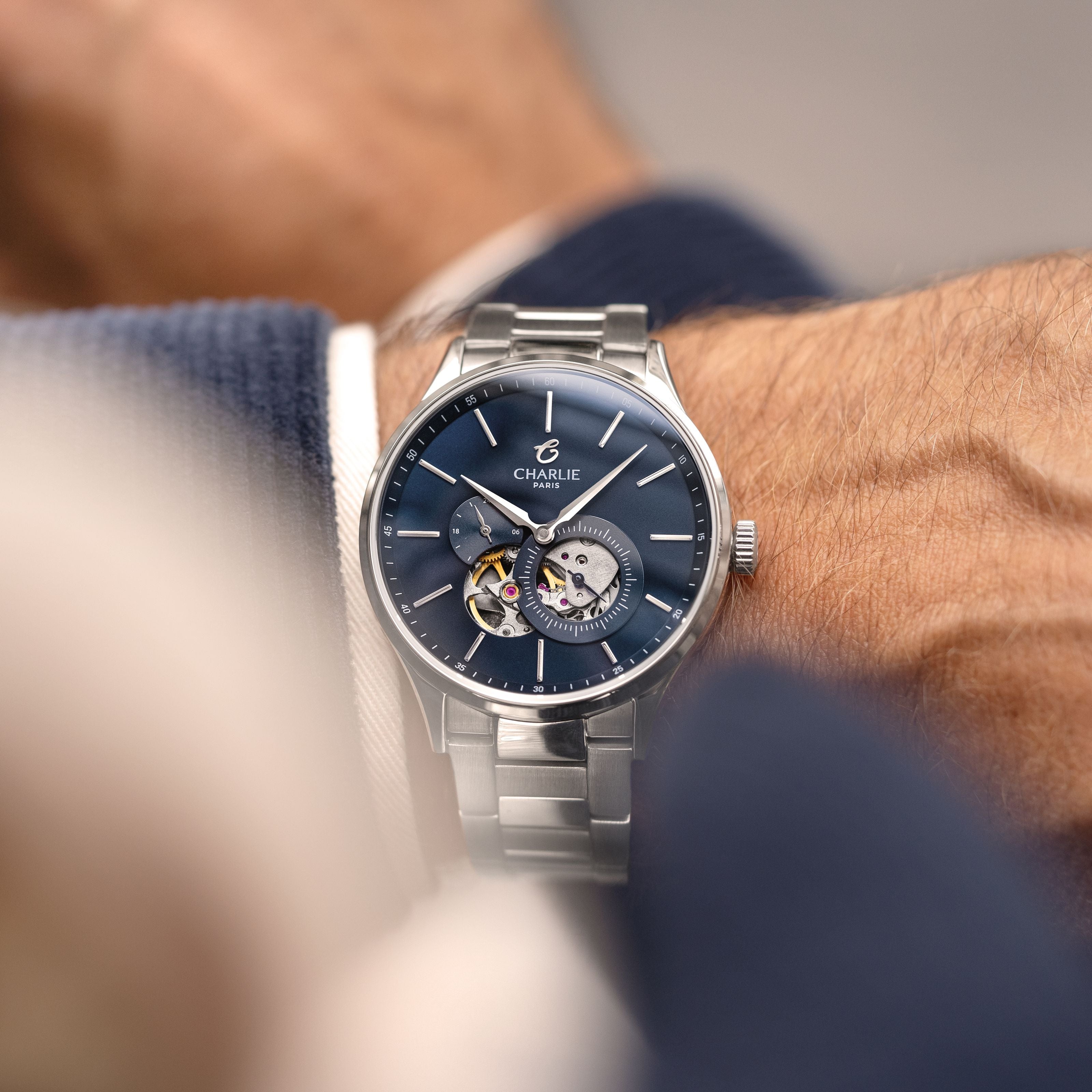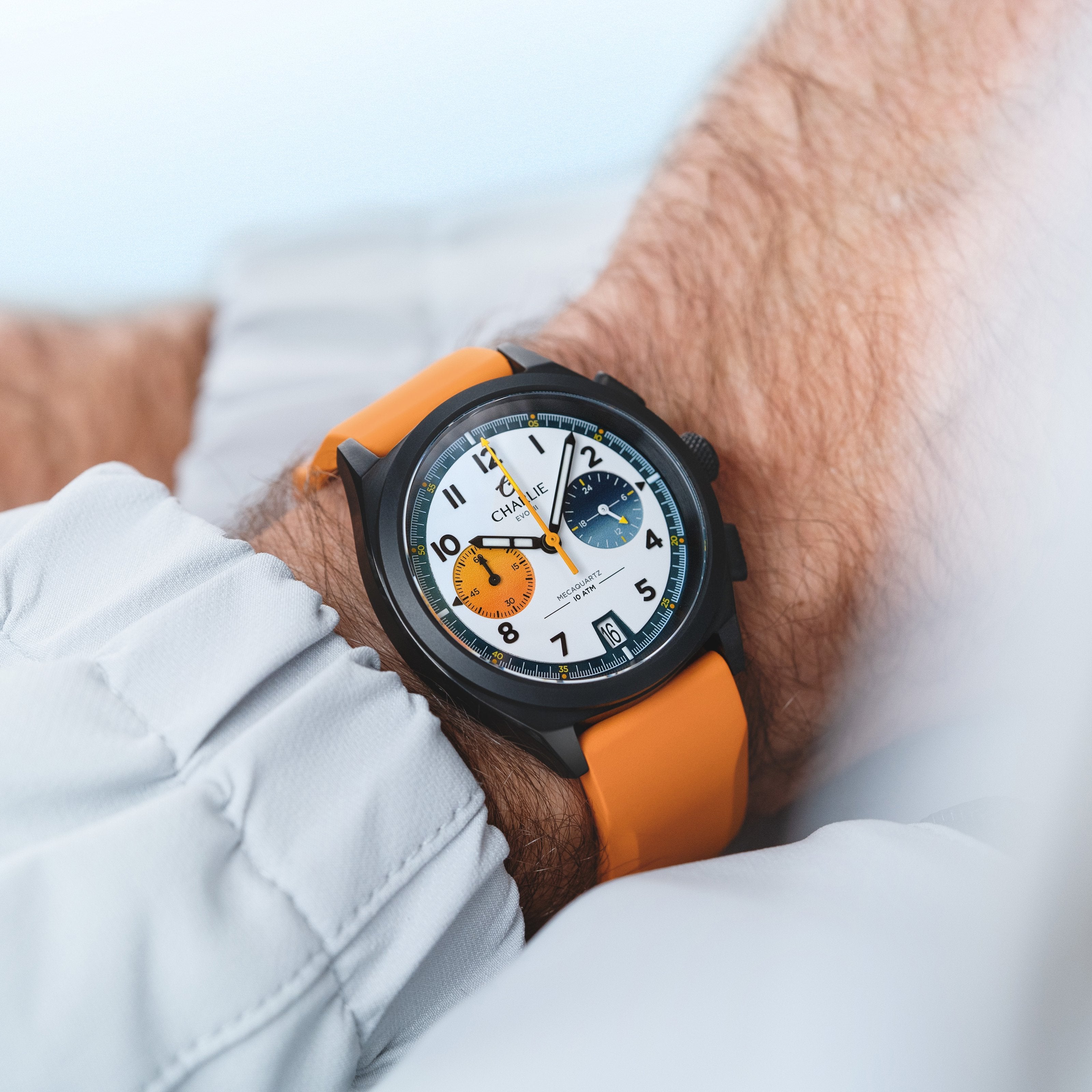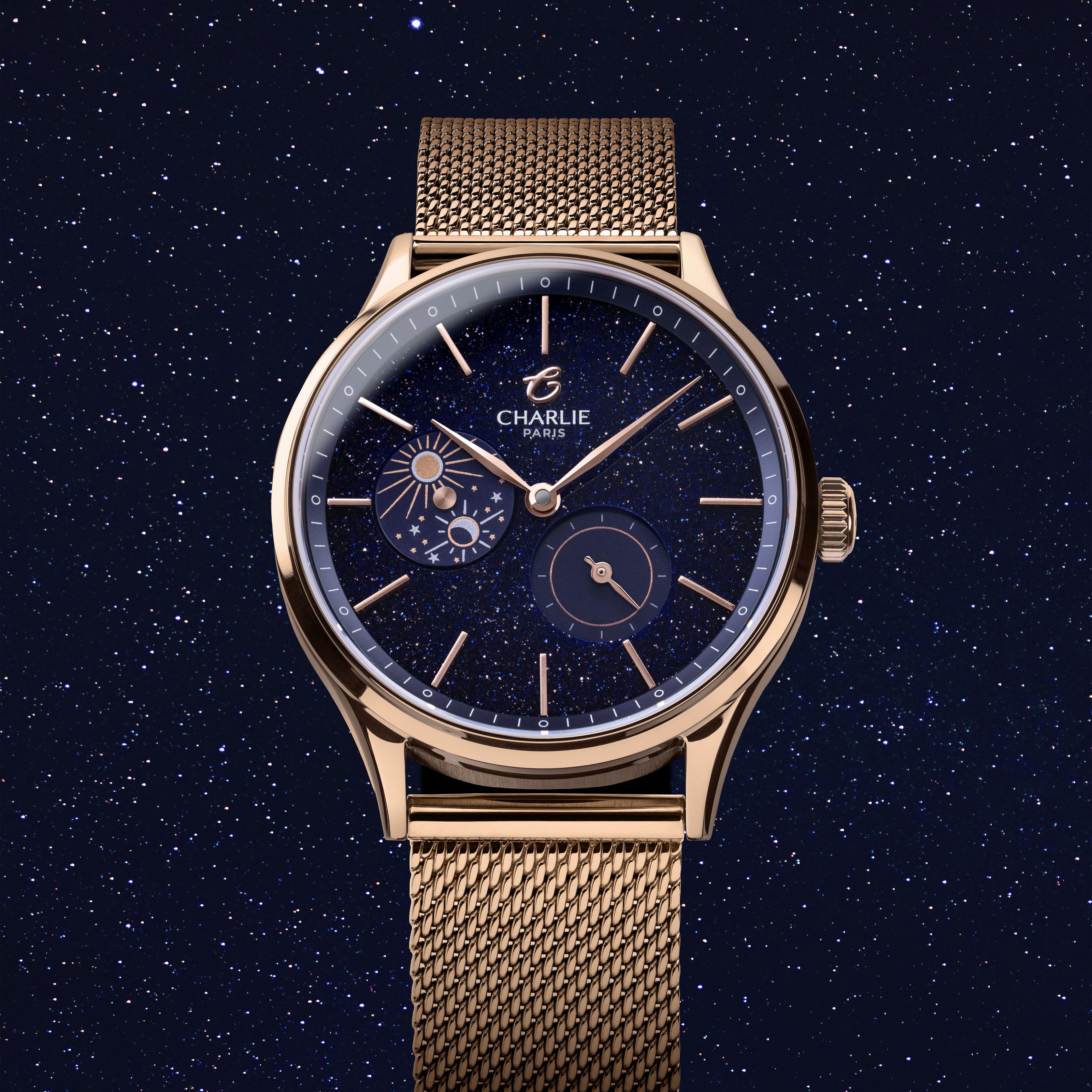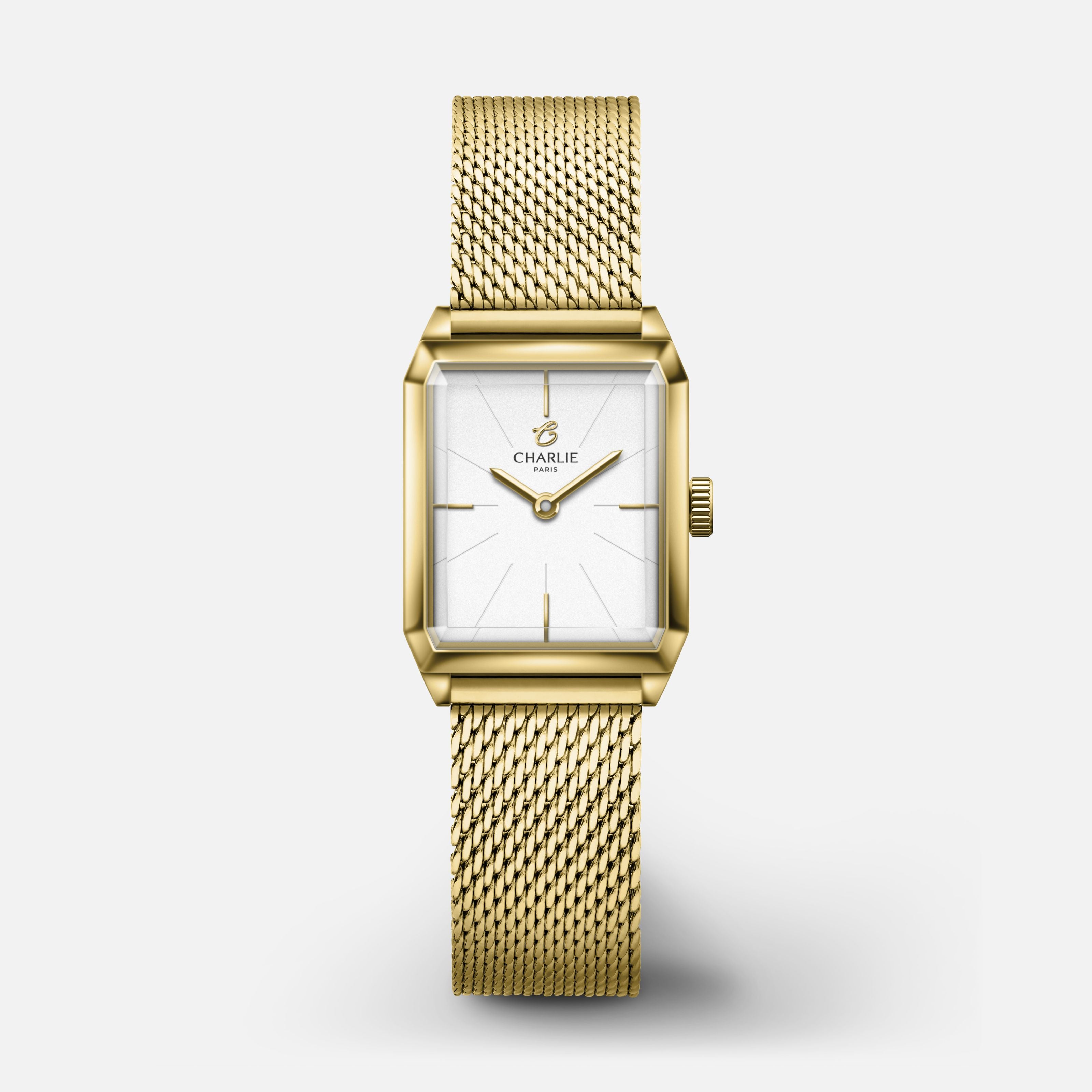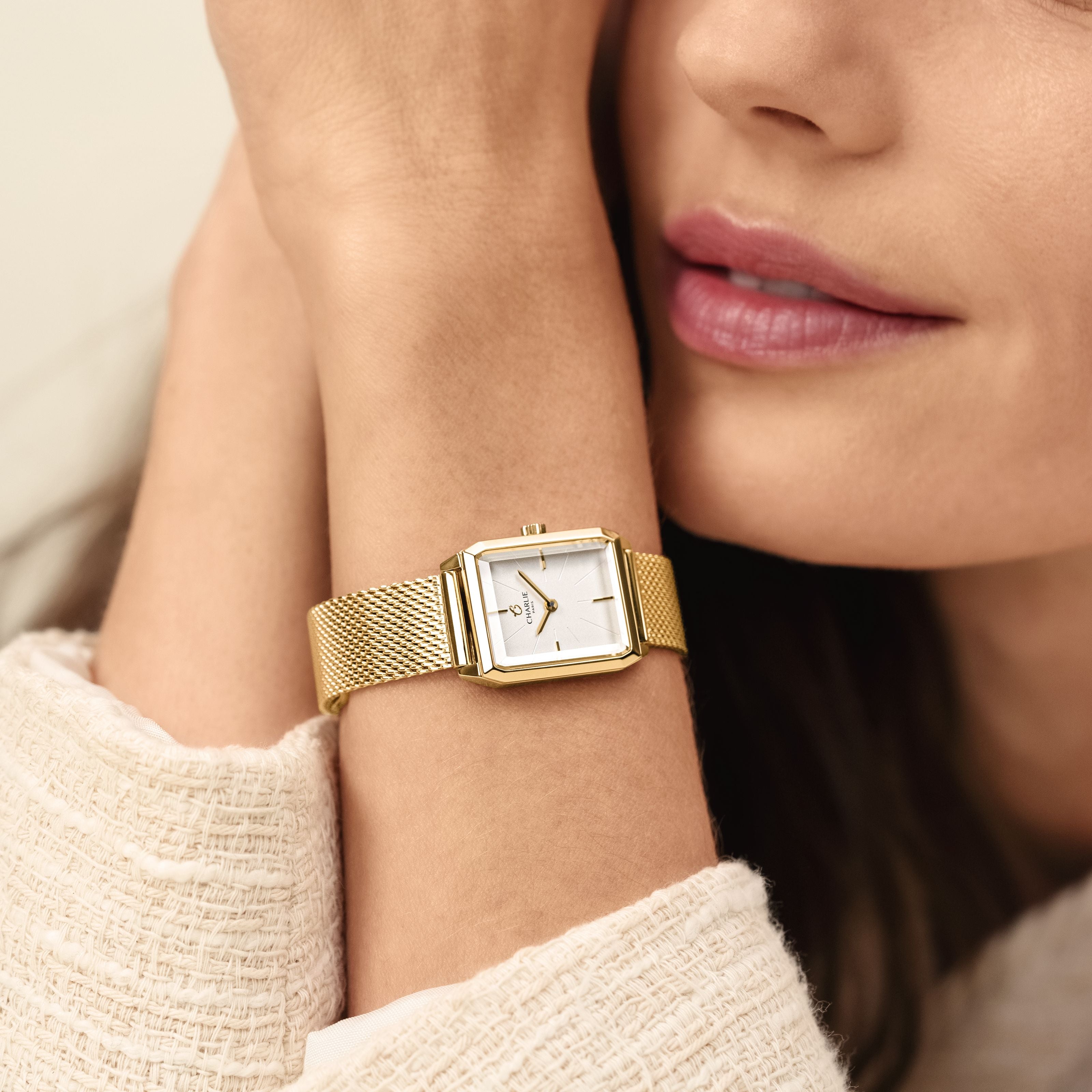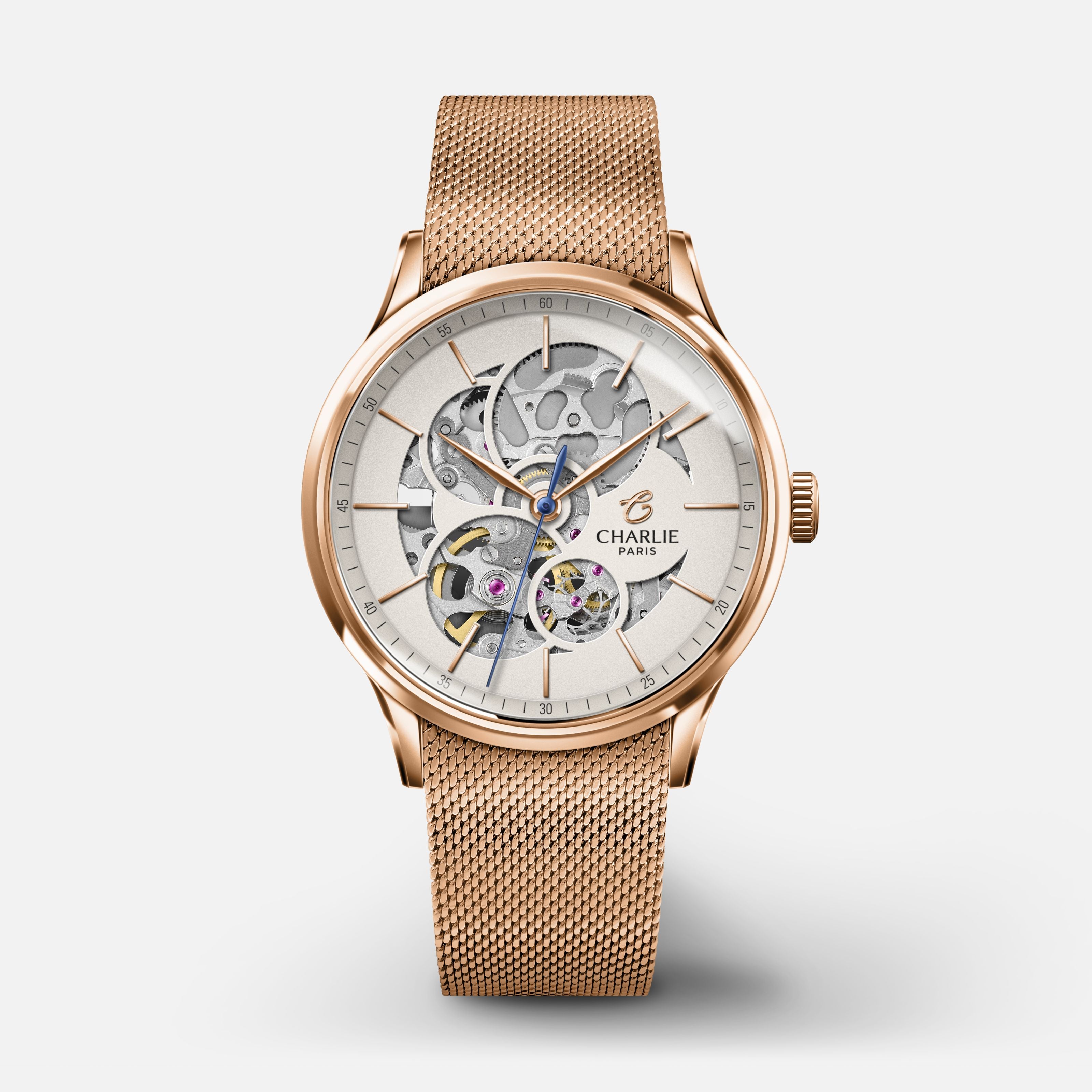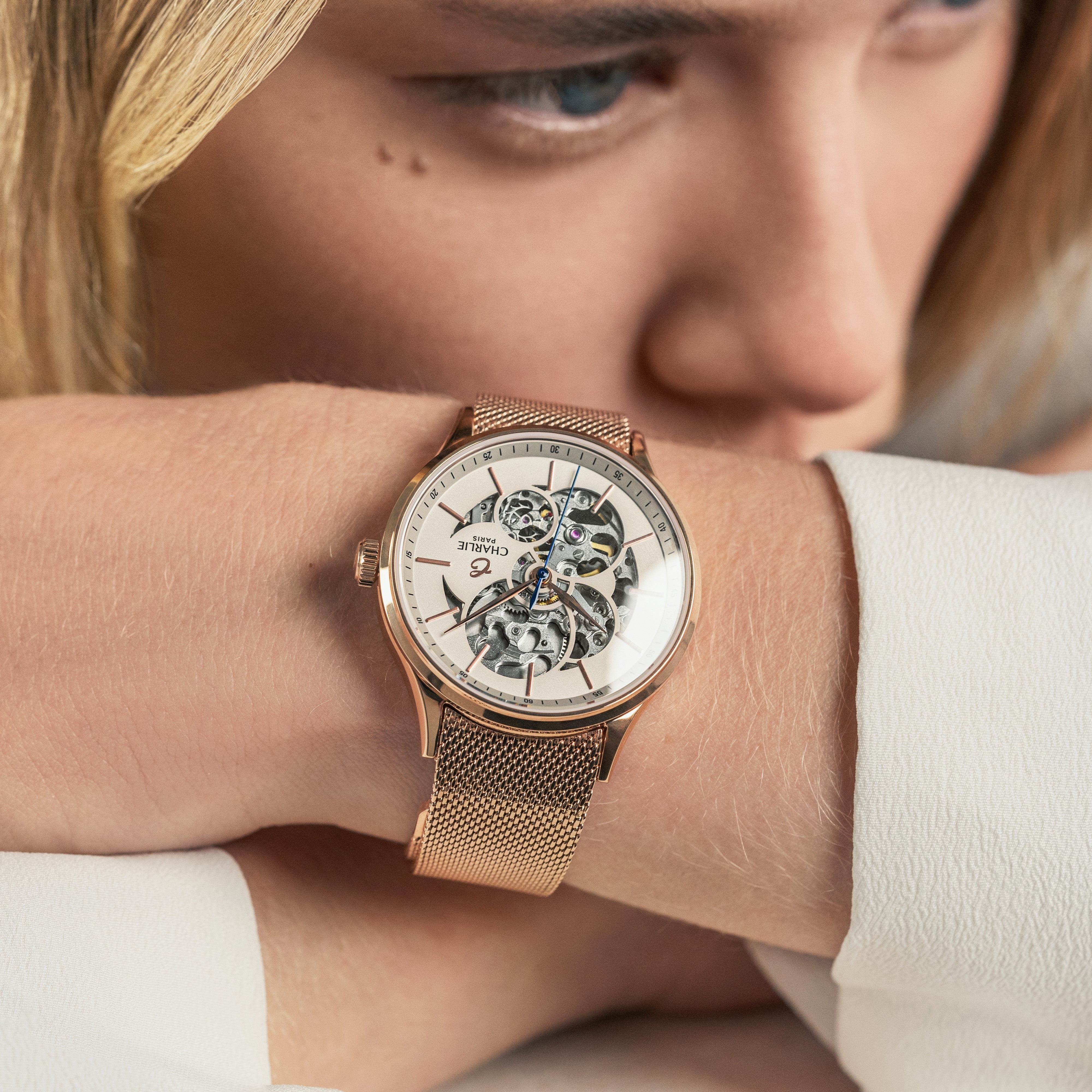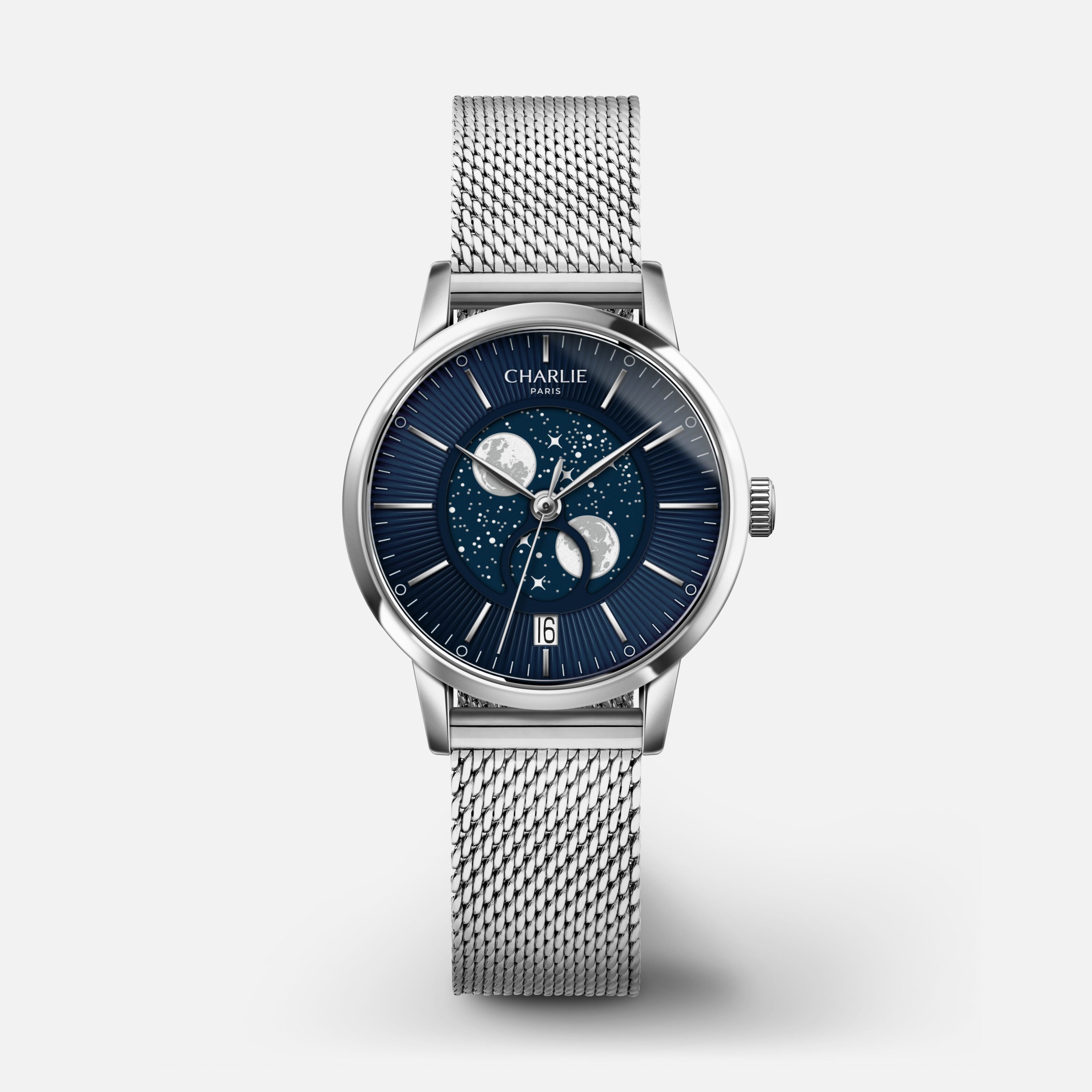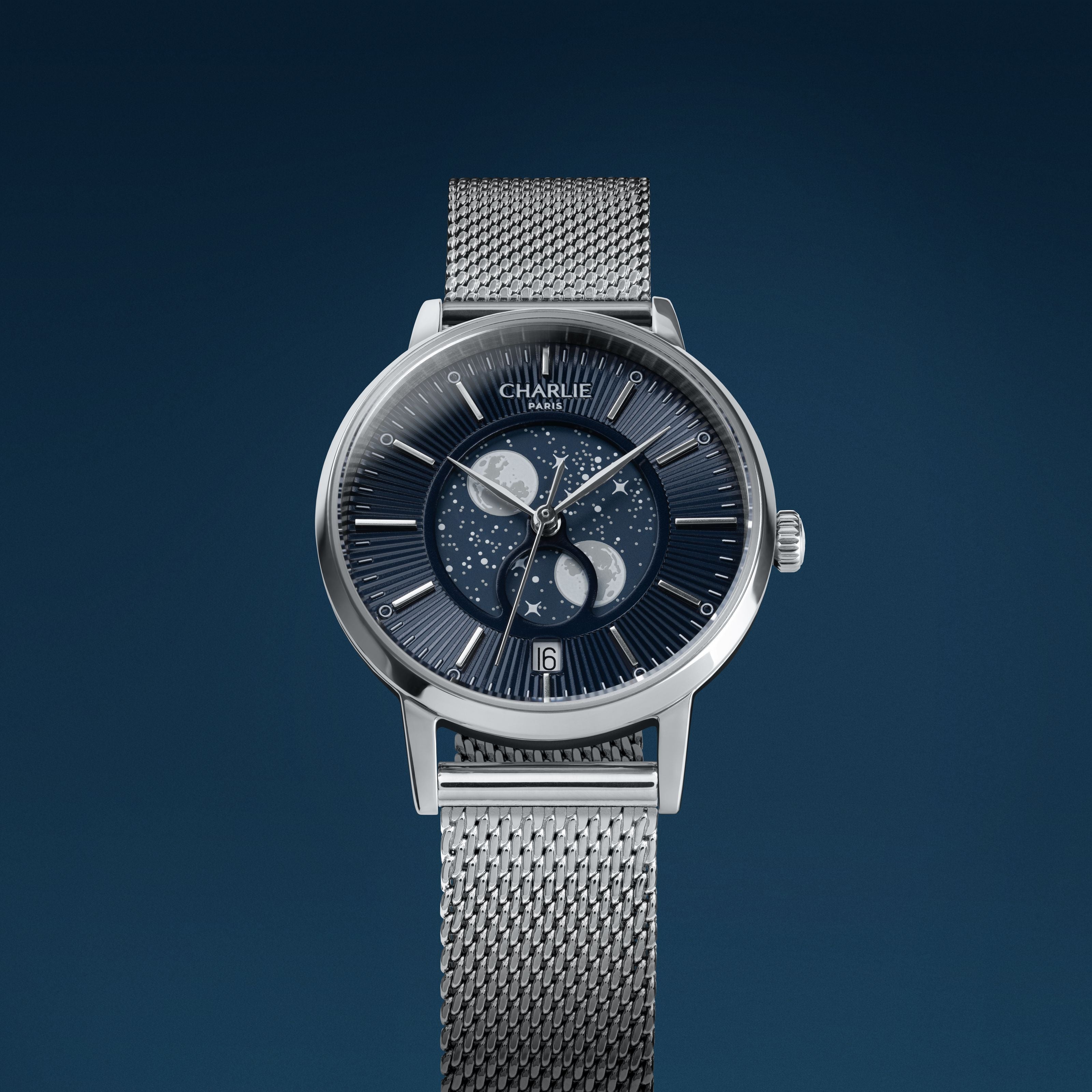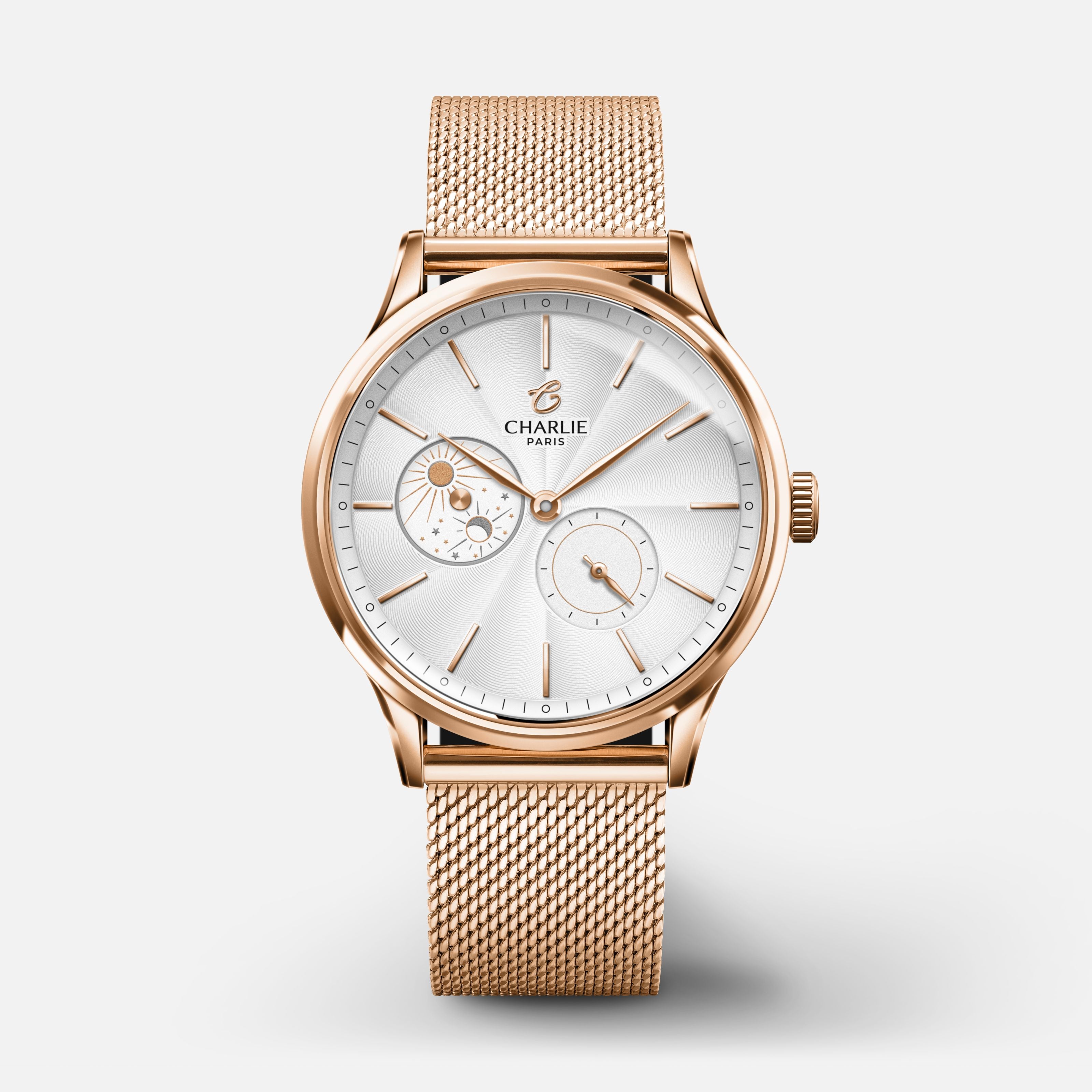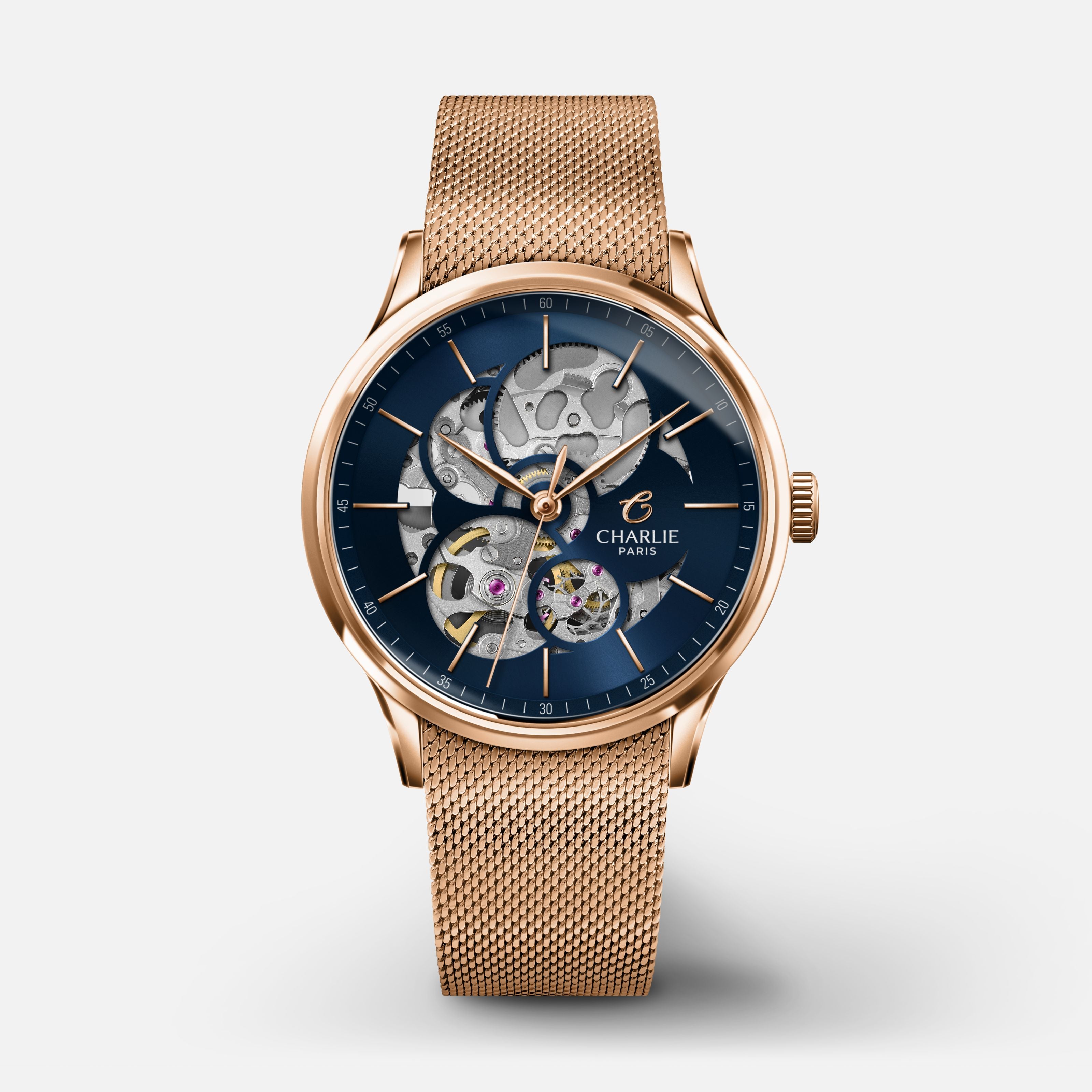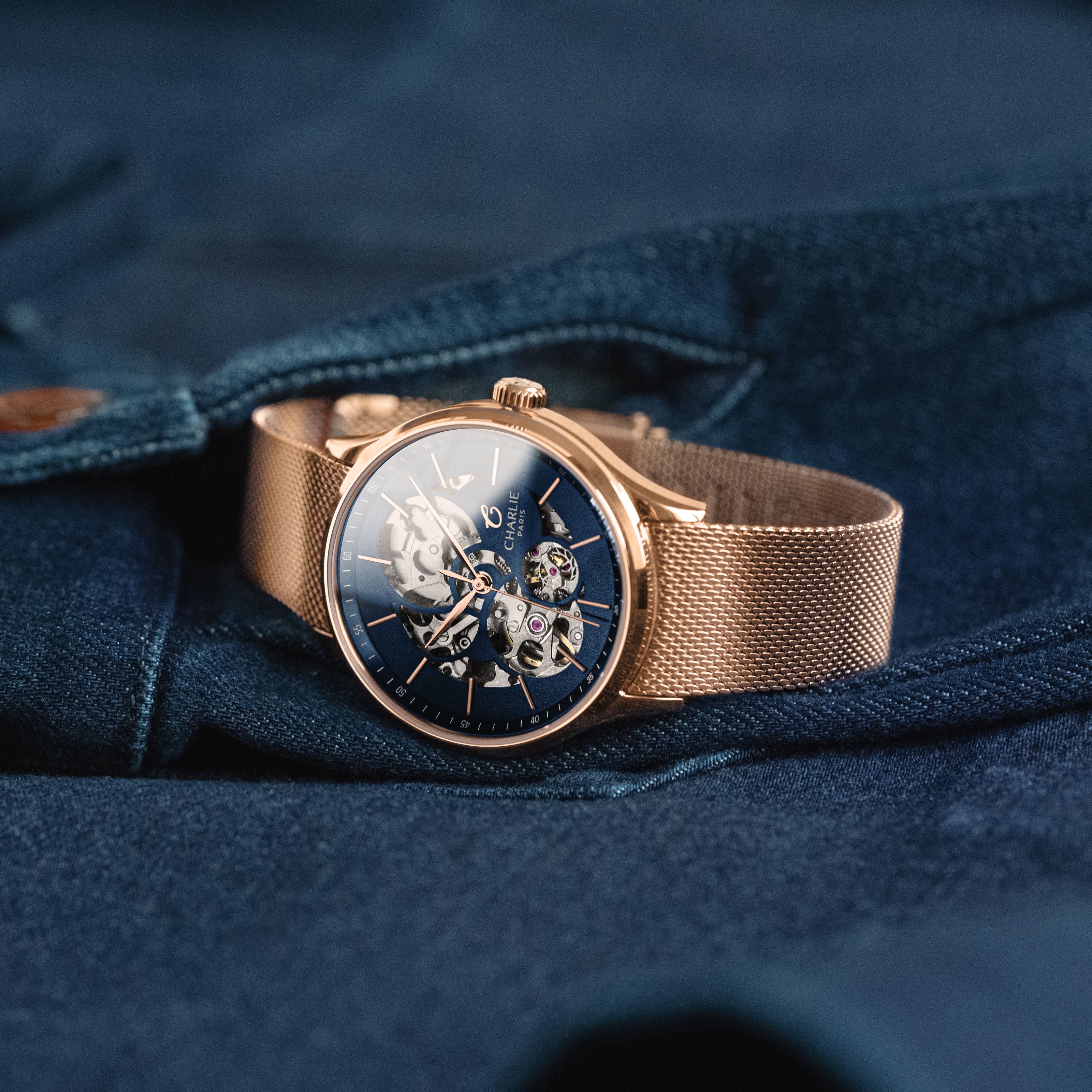If the time change has become a standard, it has been questioned for several years by governments and should be abandoned in Europe. Whether you have a men's watch or a women's watch, soon you may no longer be obliged to change the time on your watch for daylight saving time! The Charlie Paris team deciphers all this. Between economic reasons and well-being of the population, we are coming back on the origins of the time change and its future in France.
Since when do we have a summer time and a winter time?
France adopted GMT in 1911, but in 1916 the country decided to introduce "summer time", adding an hour to the Greenwich time zone in order to save energy. The time zone was then changed in 1940, to match the Berlin time zone during the German occupation, i.e. two hours more than Greenwich in summer and only one hour more in winter. After the end of the Second World War, France recovered its time zone and decided to keep its summer time all year round, i.e. 1 hour more than Greenwich. Back in 1976 when President Valérie Giscard D'Estaing decided to reinstate a winter time and a summer time. This measure was implemented during the oil crisis, when the price of oil quadrupled. By adjusting the working day to the time of sunshine, it allowed to reduce electricity bills. Far from lasting only for the duration of the oil crisis, this savings measure was extended to the whole of Europe from 1998 onwards. For the sake of harmonization, all European Union countries change time on the same date, so that the time difference remains the same between countries.
The end of the time change?
- An obsolete device: Today, many experts agree that the time change device is obsolete and does not really bring any benefit anymore. Indeed, with the generalization of low-energy light bulbs, the savings made through the time change is almost nil. A study conducted by EDF, ADEME and the Ministry of Industry had also concluded that in 2014 the device had saved only 0.015% of energy consumption. Not very interesting, therefore...
- Negative consequences for the population: Beyond the fact that the change of time does not have much effect on our electricity bills, it would have a negative impact on our health, disturbing our sleep cycle. This would be particularly true for the elderly and young children. The switch to daylight saving time would be less pleasant for our body than the switch to winter time, since during the week following the time change, we observe on average a 5% increase in the number of heart attacks. The switch to winter time would lead to an increase in the number of road accidents. According to the Minister of the Interior, there is a 50% increase in the number of incidents involving pedestrians and cyclists during the week following the time change.
Towards the end of the time change
For all the reasons mentioned above, for several years now the European Union has been talking about the possibility of returning to a single hour throughout the year. However, as the withdrawal of the device must be done in all countries of the Union, the implementation of the reform can not be done immediately. In the summer of 2018, following the request of the European Parliament, the Commission organized an online consultation, to ask Europeans for their opinion. Result: 84% of the 4.6 million participants said they were in favor of stopping the time change. Thus, in March 2019, MEPs followed the opinion of European citizens and voted overwhelmingly to abandon this system. If the abolition of the seasonal time change will come into force throughout the European Union in 2021, each member country must now vote for the time it wishes to keep. It will therefore be necessary to choose between saying goodbye to the long summer evenings or to the morning sun in winter...
According to the citizen consultations organized by the National Assembly in 2018 and 2019, the French would be a majority to prefer to keep the summer time. Conversely, chronobiologists disagree and point out that winter time is closer to solar time and therefore to our natural physiological rhythm. Countries wishing to keep summer time were supposed to change time for the last time on March 27, 2021, and those who wanted to definitively opt for winter time, on October 30, 2021. However, in the context of the Covid-19 crisis, the European Council has still not set a date to discuss the issue. The time change is no longer on the agenda in the Covid-19 context. The end of the time change is therefore postponed and the time of your quartz women's watch or automatic ladies' watches will have to be changed.
Read more
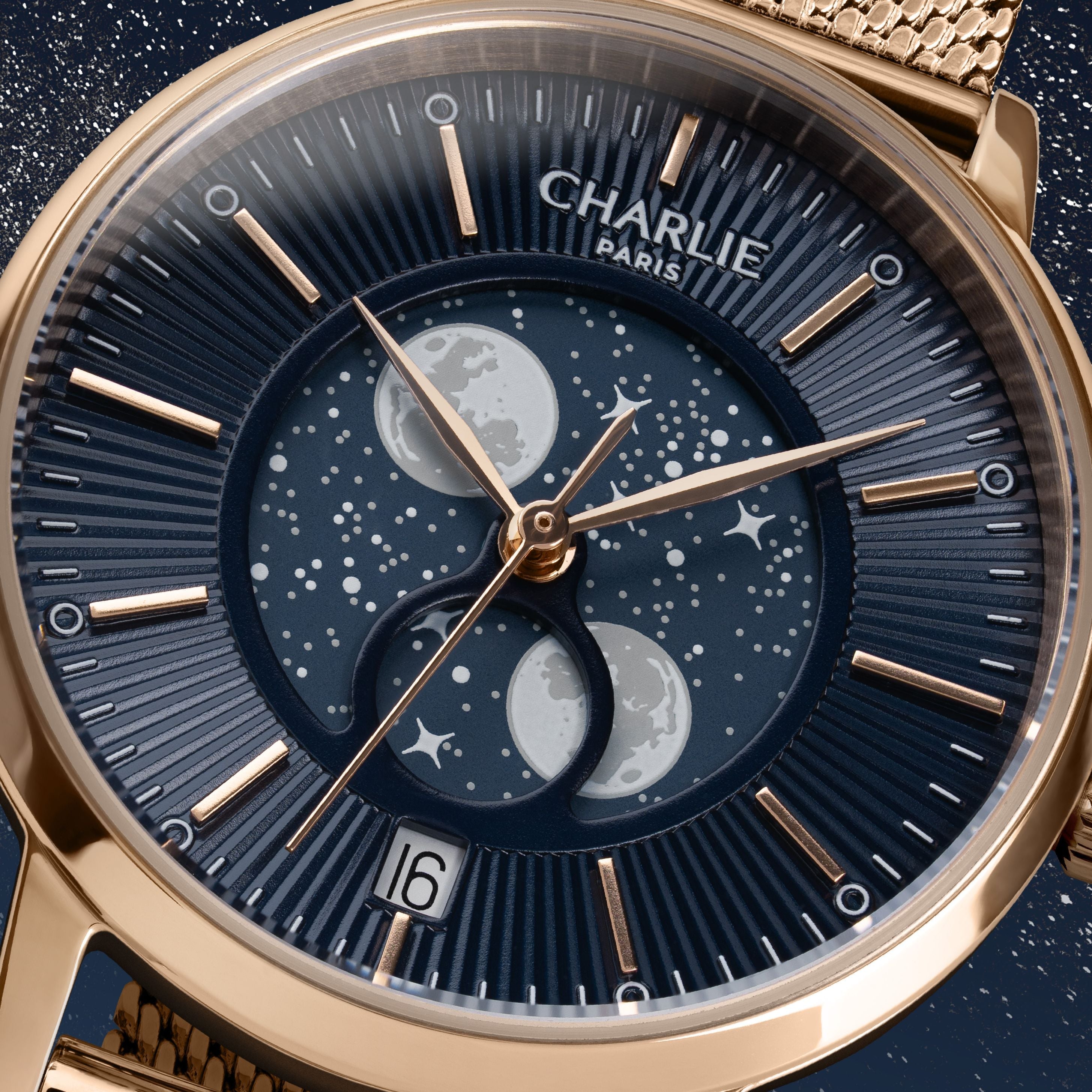
Have you just purchased a Sully Moon Phase and want to learn how to set it? This comprehensive guide explains step by step how to adjust the moon, date, and time on your Charlie Paris watch, while...
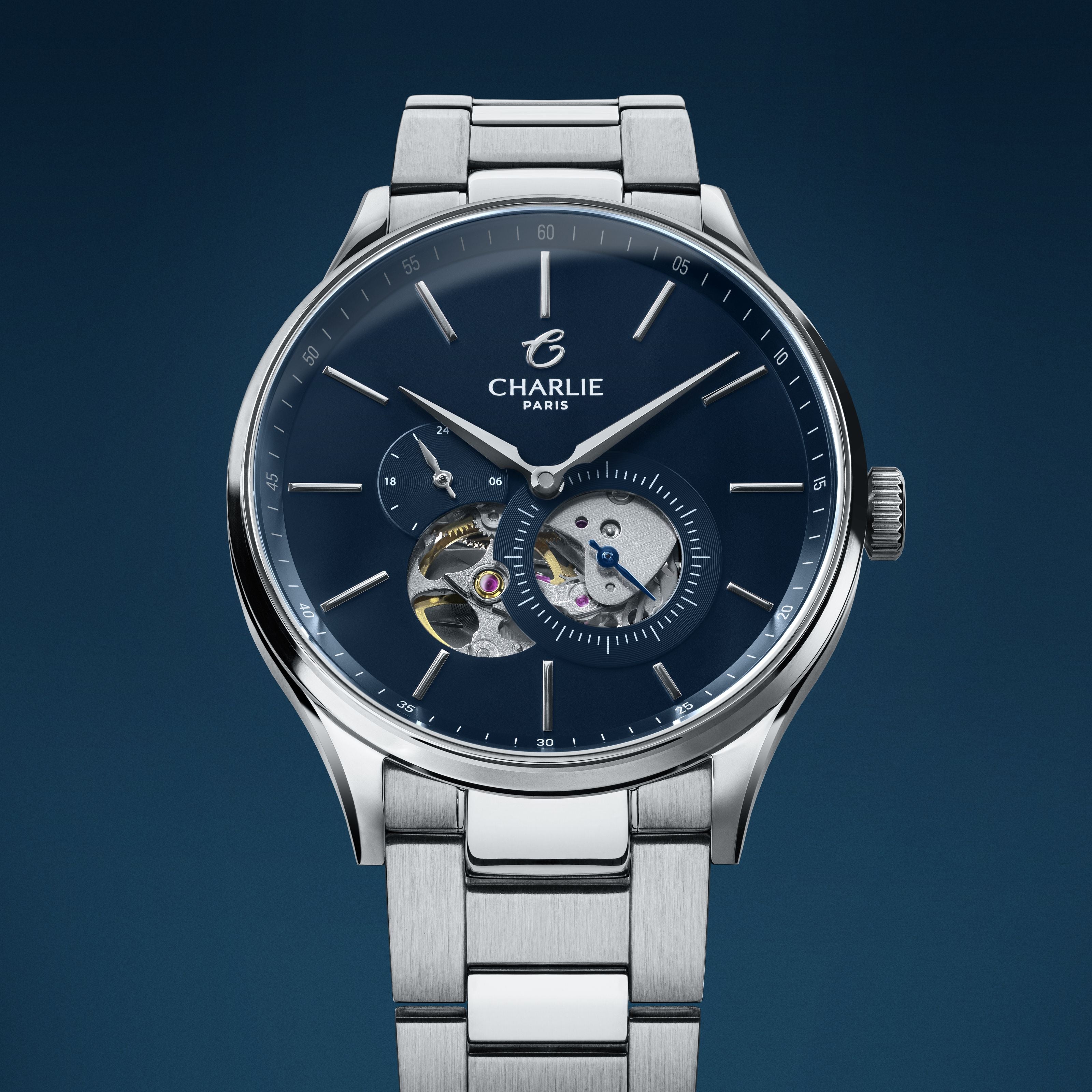
At Charlie Paris, it is important for us to offer you French made watches with a good quality price ratio. Discover our top 10 watches under 500€.


